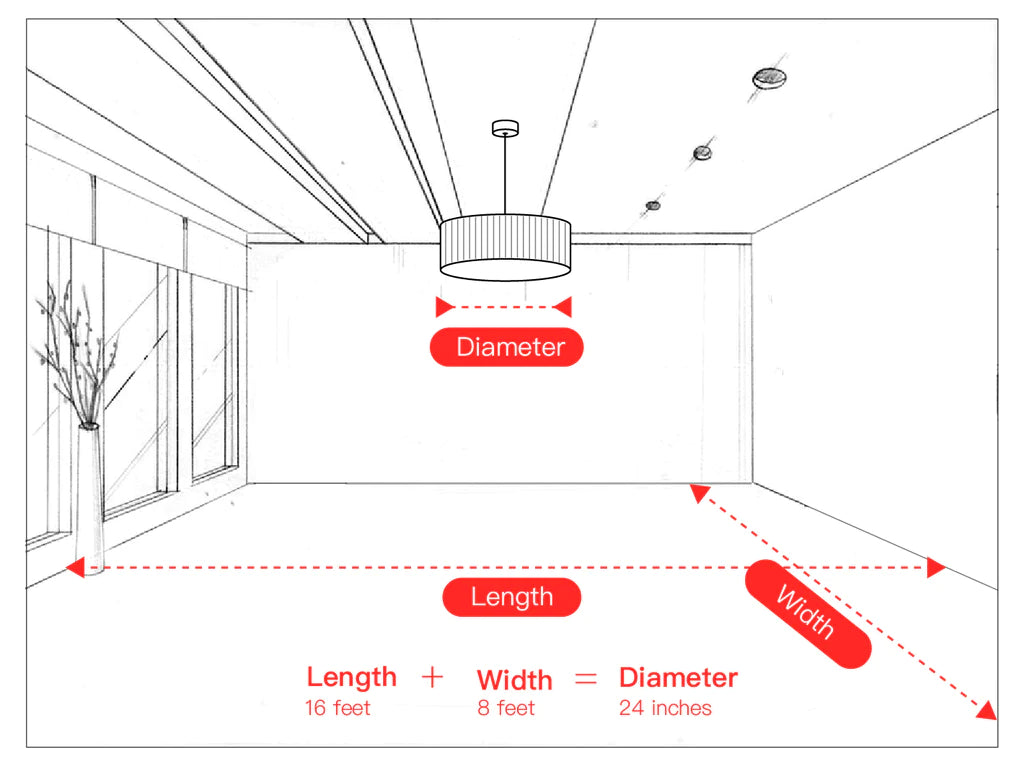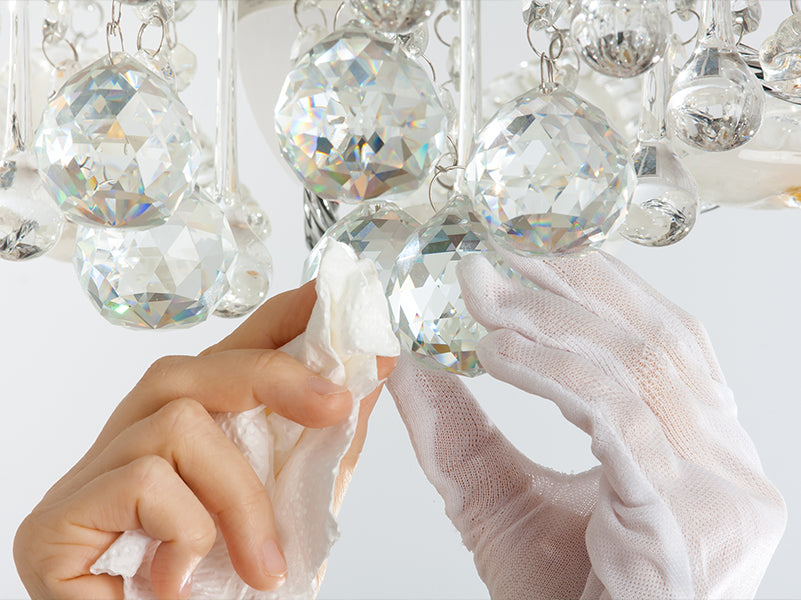What You Need to Know about Lights
Before we choose the appropriate lighting fixture for our room, we have to understand the "lights" first.
The best light source in nature is the sun, which has been adapted by human beings for thousands of years. Therefore, it is generally believed that the closer the light is to the sunlight, the better.
Sofary aim to bring beautiful lighting to every home through fair pricing and commitment to our customers
3 Parameters about Lights
There are three parameters to judge if the light is suitable: illuminance, color temperature, and color rendering index.
Illuminance
Illuminance is the total luminous flux incident on a surface, per unit area. It is a measure of how much the incident light illuminates the surface, which can be used to describe the brightness of light, that is, the owner's most concerned "whether my home is bright enough". The specific value can be measured with an illuminometer.
High power does not mean that the brightness is high because the luminous efficiency of different types of lights varies greatly. For example, an 8W LED light is as bright as a 40W incandescent.
The commonly used illuminance for rooms is 100-200 Lux for the porch, storage, bedroom, kitchen, and toilet; 100-300 Lux for the living room; 250-500 Lux for work area.
Color Temperature
Color temperature, expressed in kelvins, using the symbol K, is a standard measurement of a light's appearance — what we generally refer to as the “warm” or “cool” look of light.
There are three primary types of color temperature for light bulbs: Soft White (2700K – 3000K), Warm White (3500K – 4100K), and Daylight (5000K – 6500K). The higher the Degrees Kelvin, the whiter the color temperature.
For example, the Crystal Ring Chandelier's light source is a LED light strips (color temperature can be changed between 3000K, 4500K and 6000K, which can be used to create different atmosphere.
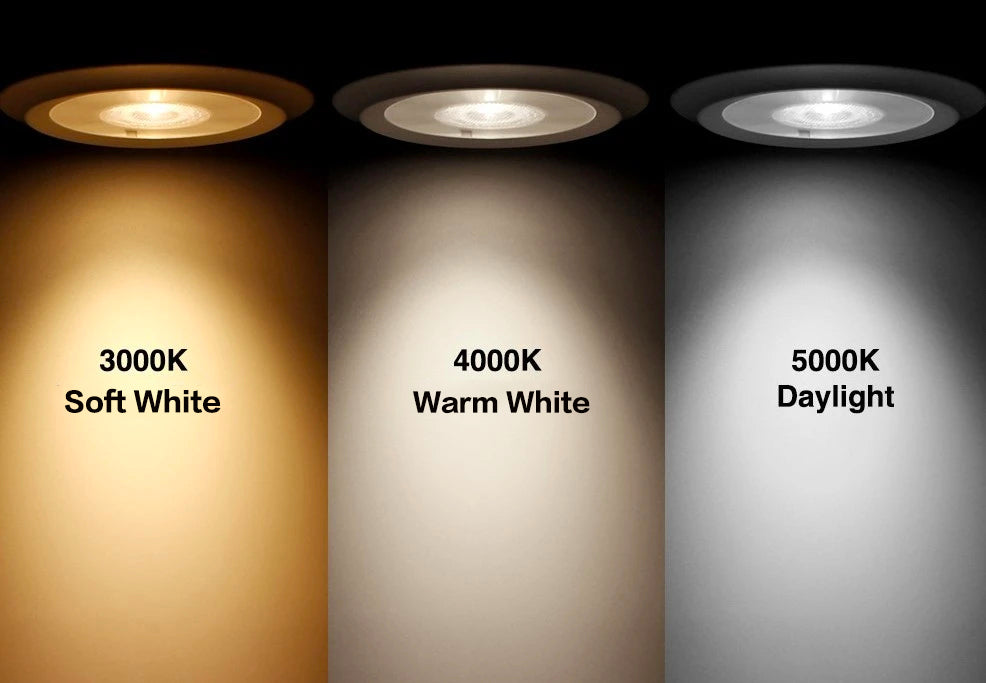
The usual color temperature of various light sources is candlelight 1900K, incandescent lamp 2800K, fluorescent lamp 4500K, sunlight 5400K.
It is generally recommended to use a low color temperature for a quiet atmosphere and a high color temperature for the working atmosphere. The specific color temperature value is determined by personal preference, but 6500K is the upper limit in a common family.
Color Rendering Index
A color rendering index (CRI) is a quantitative measure of the ability of a light source to reveal the colors of various objects faithfully.
Numerically, CRI ratings range from 0-100. In general, the higher the CRI, the better a light source renders color.

Under lights with high CRI, reds will appear red, greens will appear green, and so on. While Lights with a low CRI causes color distortion and severely increases visual fatigue.
The noon sun has a CRI of 100. For best results, the CRI of outdoor lighting should be above 65 and the indoor should be above 80.
Illuminance, color temperature, and color rendering index interact with each other. Under appropriate illuminance, select lights with the right color temperature and color rendering index to obtain the best sensory experience.
For example, when the illuminance of a bedroom is 150 Lux, it is better to use warm white light with a color temperature of 3000K, otherwise, it will cause the color to be too dark or distorted.
Everyone has different acceptability to the light color. Some people feel that the light with a color temperature of 3000K is very dim even if the color rendering index is high enough. Therefore, it is better to feel the light atmosphere with a different color temperature in the physical store, and then make a proper choice.
After learning the basic parameters of the light, you have a general understanding of the light. Now we go further.
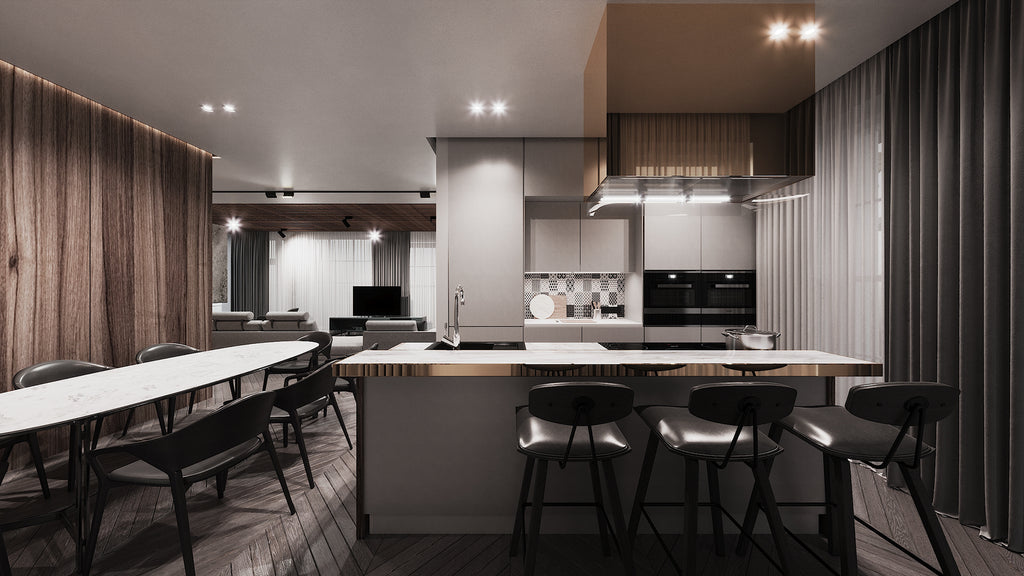
Types of Lights
Artificial light sources are mainly divided into incandescent, halogen, fluorescent, energy-saving light and LED light. All types of lights can be used in Sofary chandeliers.
Incandescent
An incandescent light bulb is a light source with a tungsten wire heated to such a high temperature that it glows with visible light (incandescence).
Incandescent light is close to sunlight with the continuous spectrum and the color rendering index is above 95.
They are made in an extremely wide range of sizes, wattages, and voltages and are widely used in household and commercial lighting.
Compared with other types of electric lighting, incandescent bulbs are much less efficient, converting less than 5% of the energy they use into visible light and typically have short lifetimes - about 1000 hours. Also, the color temperature of incandescent is not high enough for the work area.
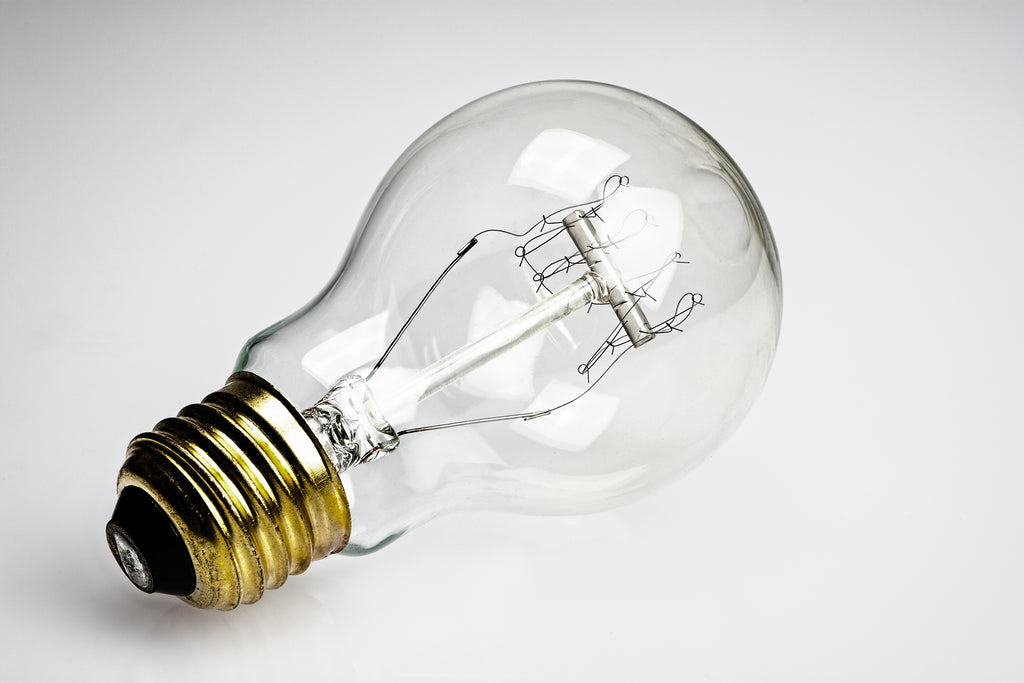
Halogen
A halogen light bulb, also known as a tungsten halogen or quartz-halogen, is a type of incandescent lamp that uses a halogen gas to increase both light output and rated life. It's like a modified version of the incandescent lamp, known for moderately higher efficiency, quality of light, and longer rated life in addition to the advantages of high color rendering index.
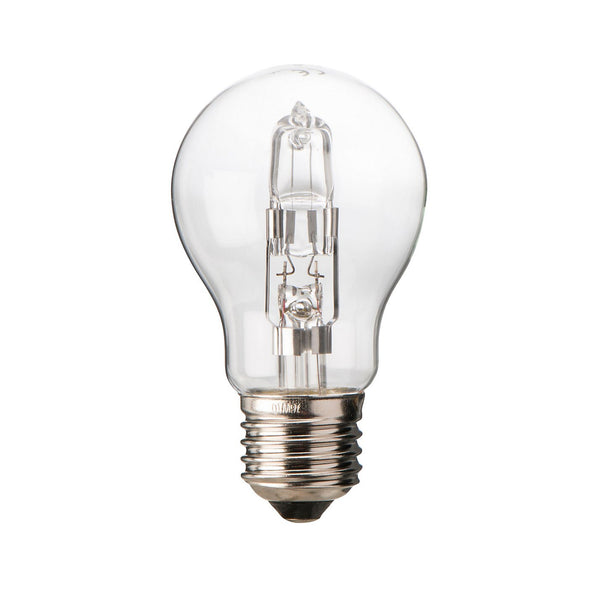 Fluorescent
Fluorescent
A fluorescent light, also called a low-pressure mercury lamp, is a low-pressure mercury-vapor gas-discharge lamp that uses fluorescence to produce visible light.
It converts electrical energy into useful light much more efficiently than an incandescent lamp in addition to the advantages of diverse color temperatures and longer lifetime about 2500-3500 hours.
The disadvantage is that the spectrum of the fluorescent is discontinuous with only about 85 color rendering index, and it takes more than 30 seconds to start up to stabilize. Besides, It also has problems with flashing lights and mercury pollution.

Energy-saving Light
An energy-saving light, also called compact fluorescent light, is a fluorescent lamp designed to replace an incandescent light bulb. The principle of operation remains the same as in another fluorescent lighting.
It has the advantages of compact structure, small volume, and high luminous efficiency. Compared to general-service incandescent lamps giving the same amount of visible light, CFL uses one-fifth to one-third the electric power and has a longer service life of more than 6000 hours.
The disadvantage is that the color rendering index is low and the electronic ballast is easily damaged.
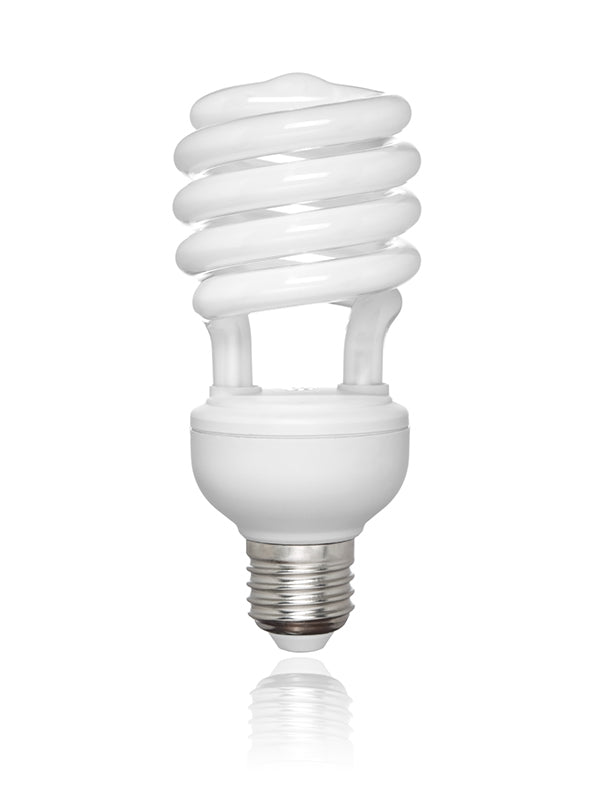 LED Light
LED Light
An LED light is an electric light that produces light using one or more light-emitting diodes (LEDs). It can come to full brightness immediately with no warm-up delay.
LEDs have many advantages over incandescent light sources, including lower energy consumption, longer lifetime(above 50,000 hours), higher brightness, improved physical robustness, smaller size, and faster switching.
Due to the uneven spectrum, the low-quality LED lamp has a particularly low color rendering index, even lower than 50, which cannot even meet the outdoor requirements. This is why many LED lamps look dazzling bright, but the lighting effect is poor.
High-quality LED lights overcome the defects of color rendering index and have become the current mainstream light source. To purchase LED lights, you must choose a reliable brand and confirm that the color rendering index is above 80.
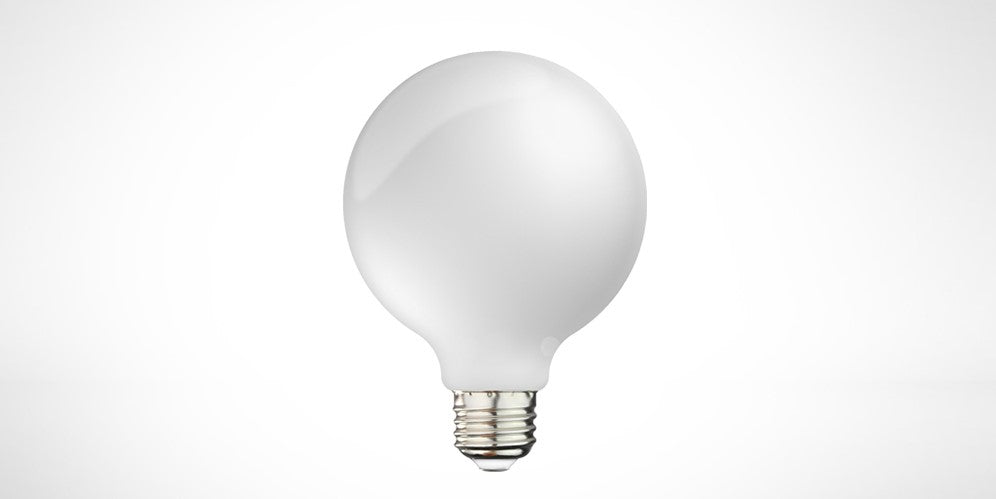
Hope this knowledge will give you a comprehensive understanding of lights. We also share our idea on Porch.com. If you are still hungry to learn more about lighting, you can take a look at 'Lighting Guide: Making Your Home Shine' from Porch.com.
Feel free to check here to choose the appropriate lighting fixture for your home.

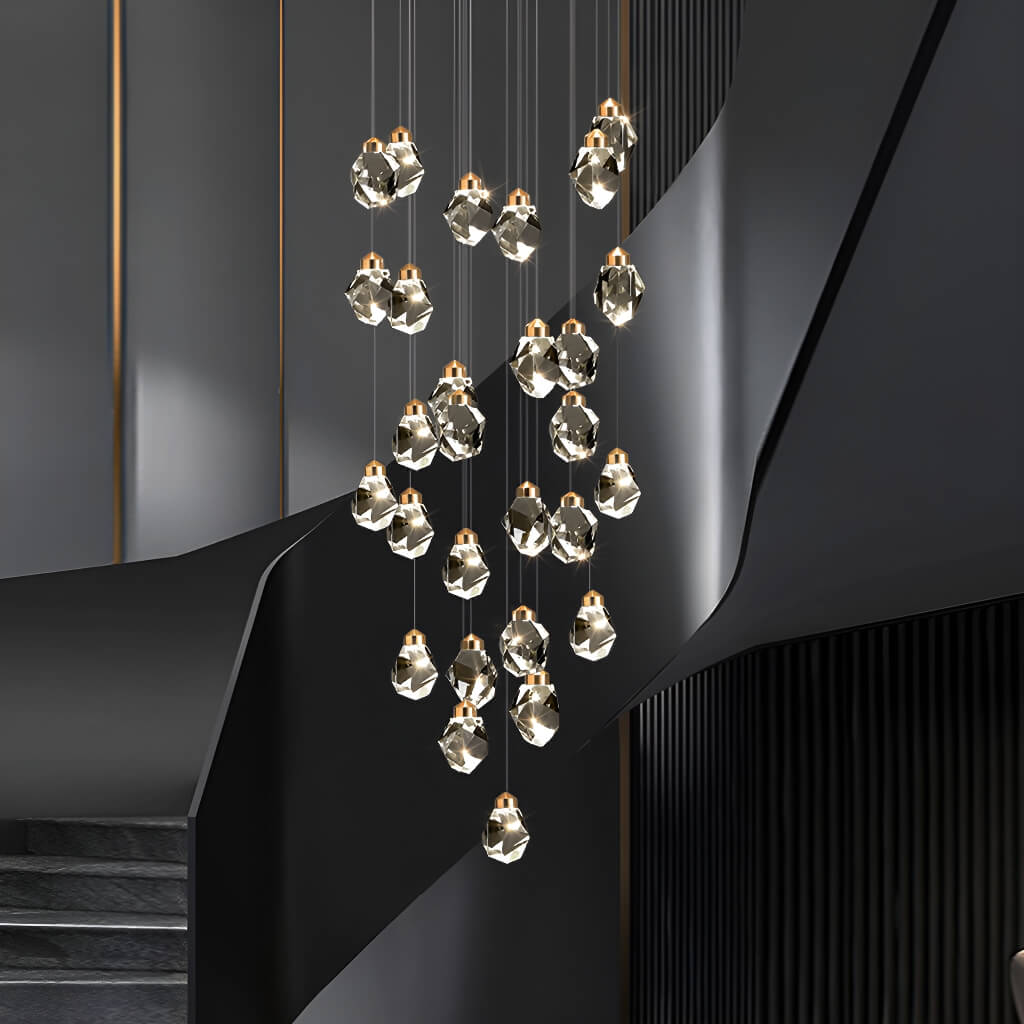
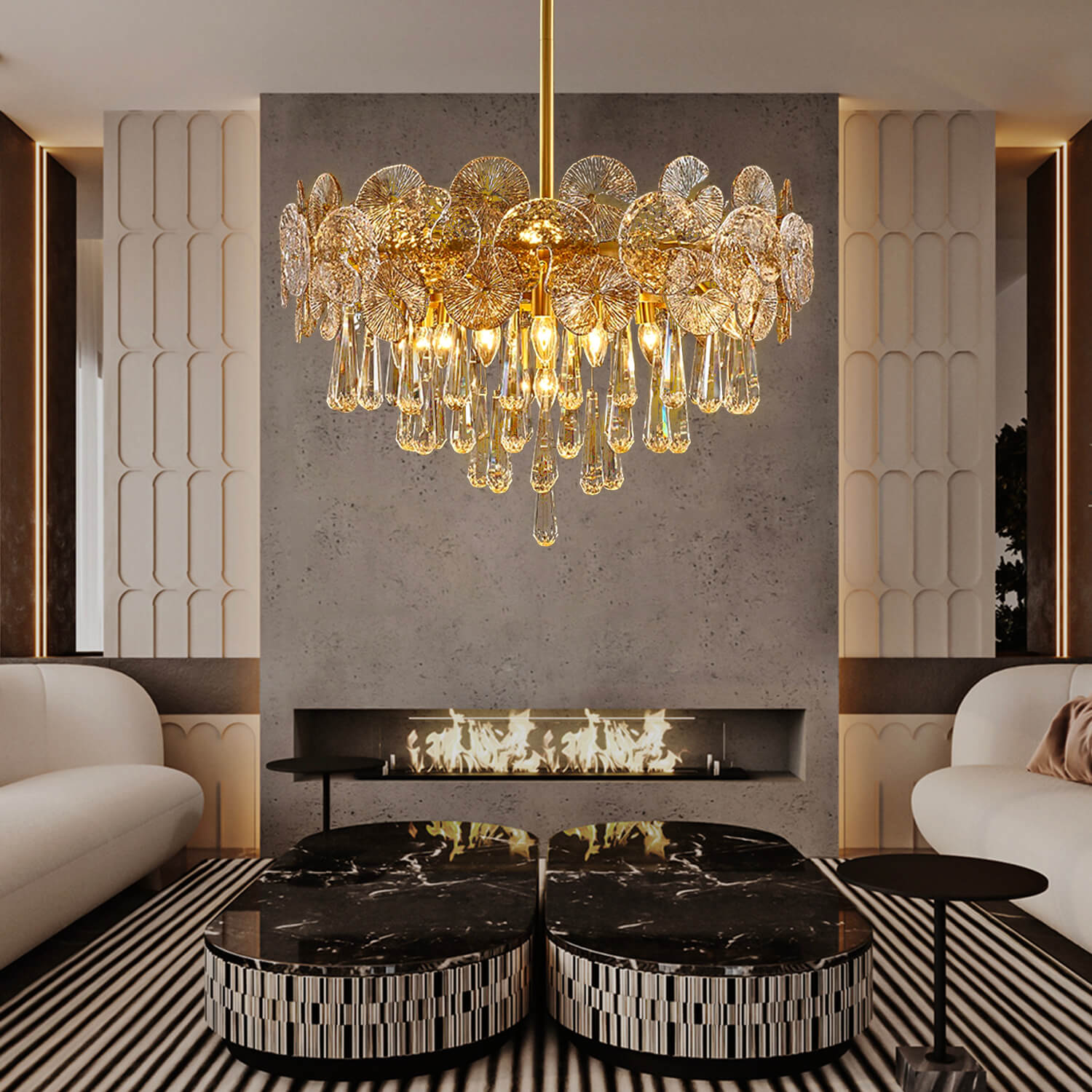
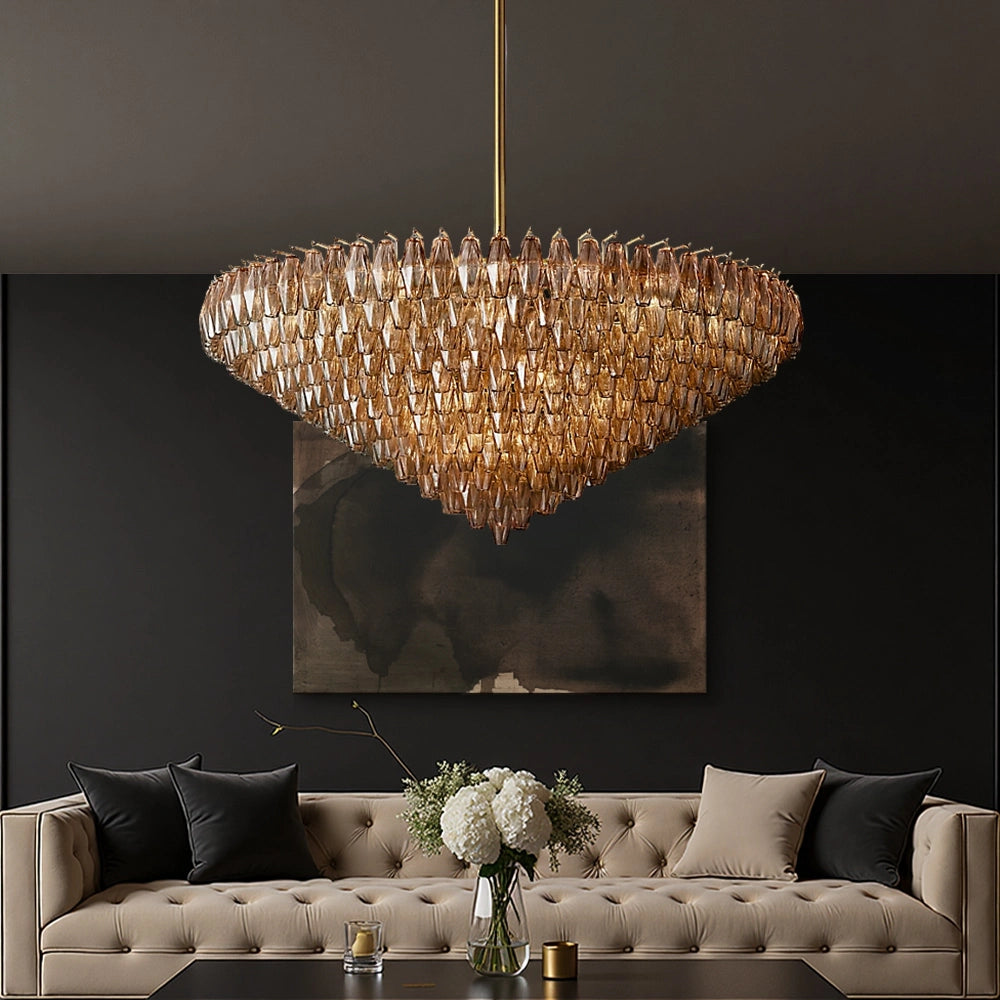
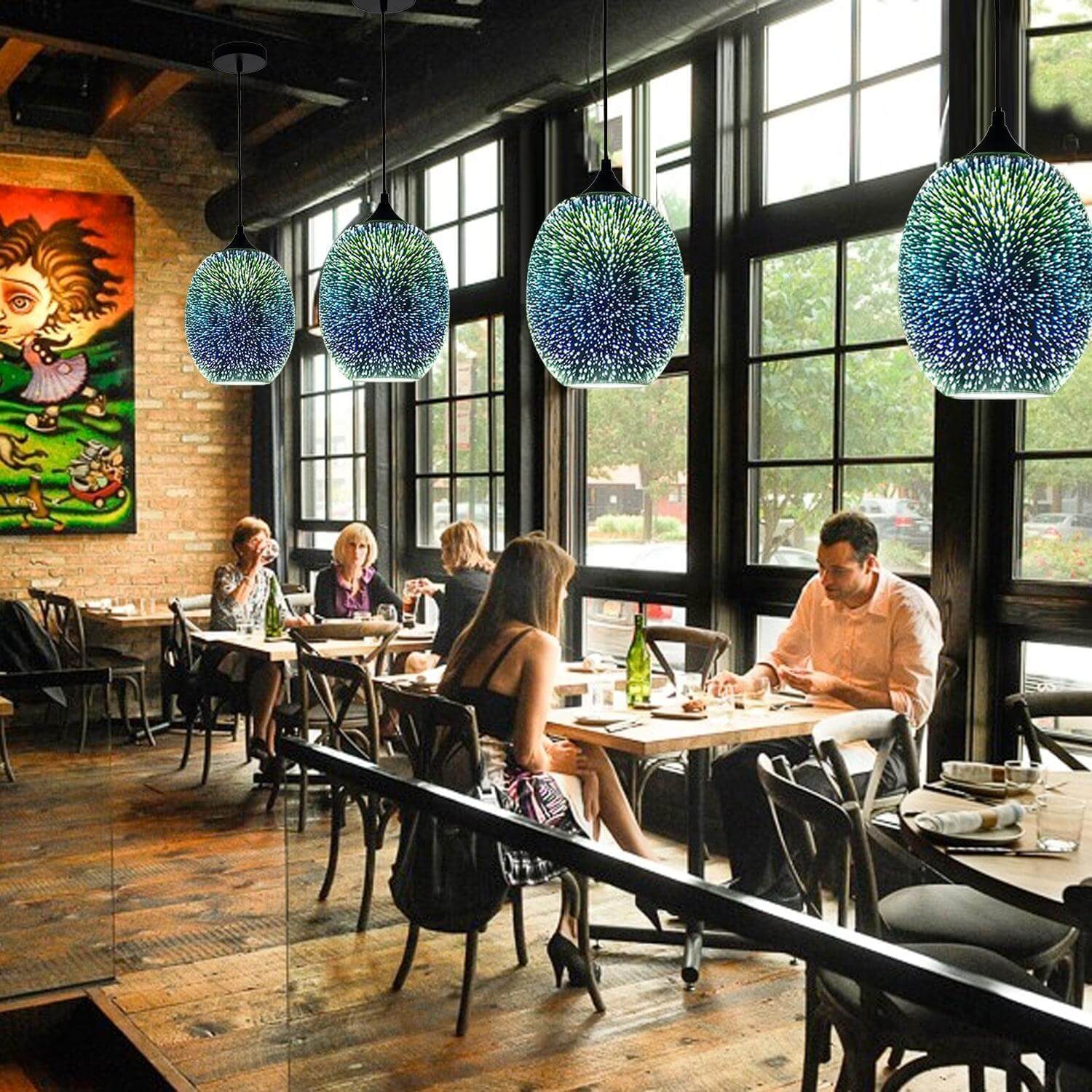
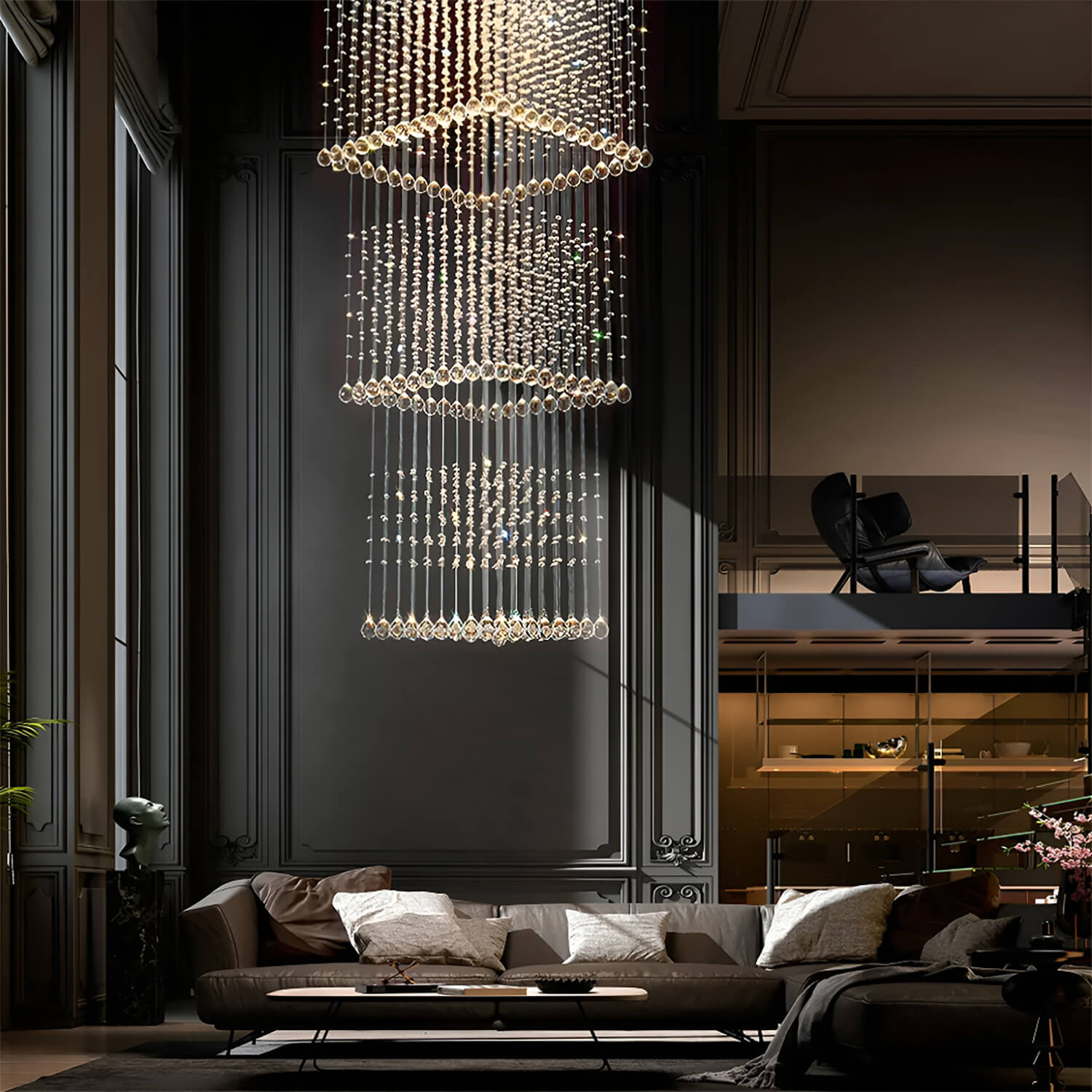
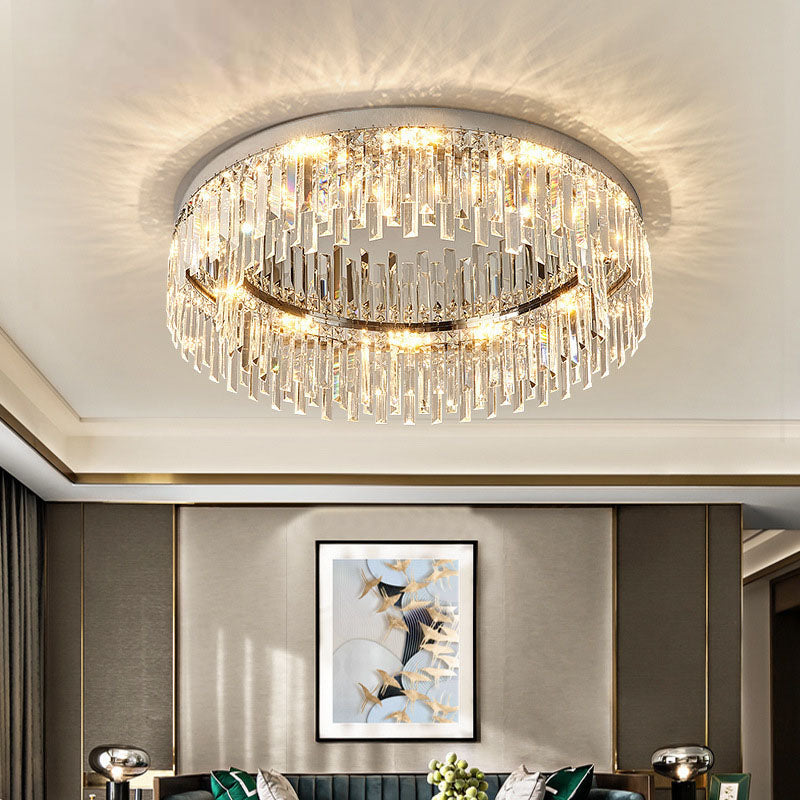
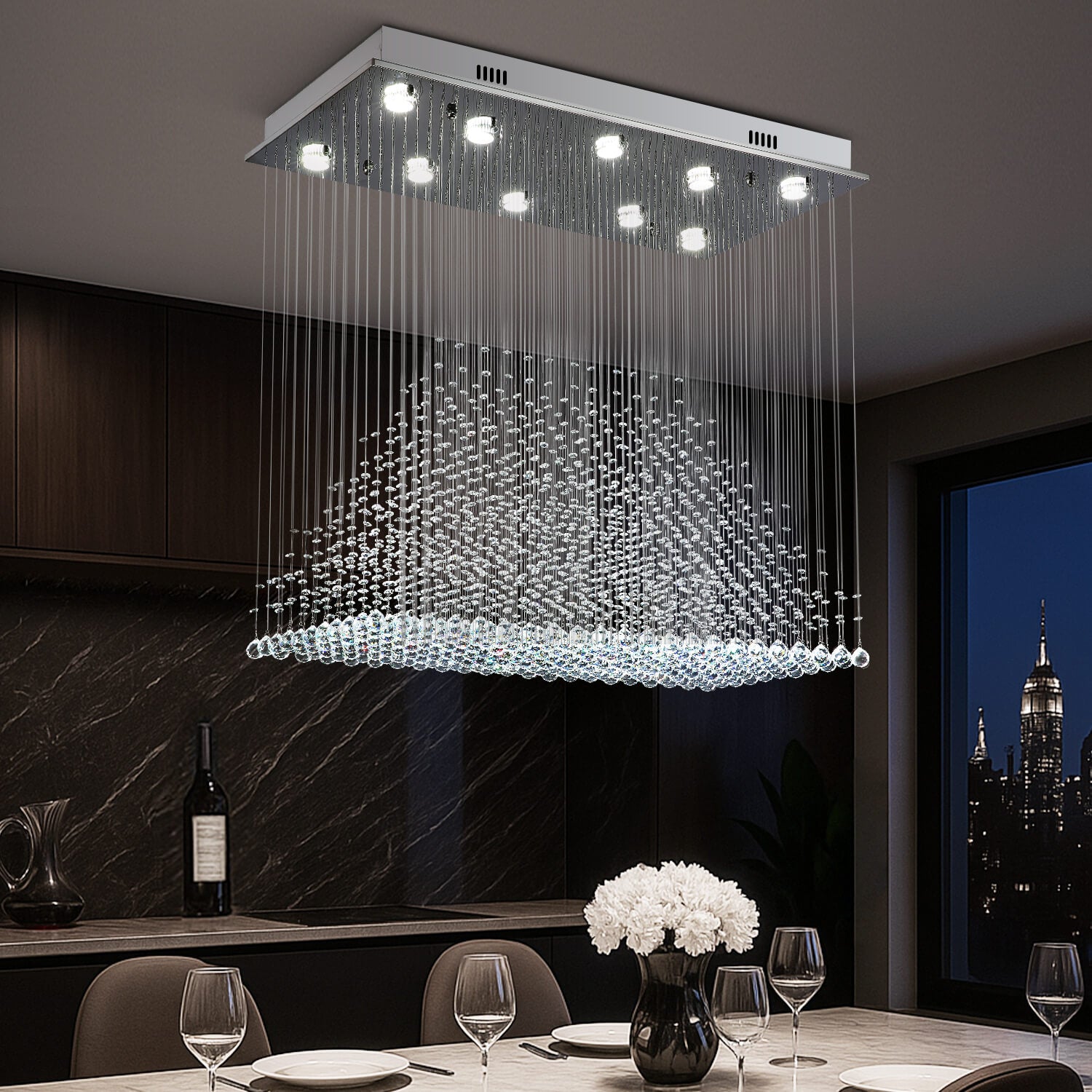
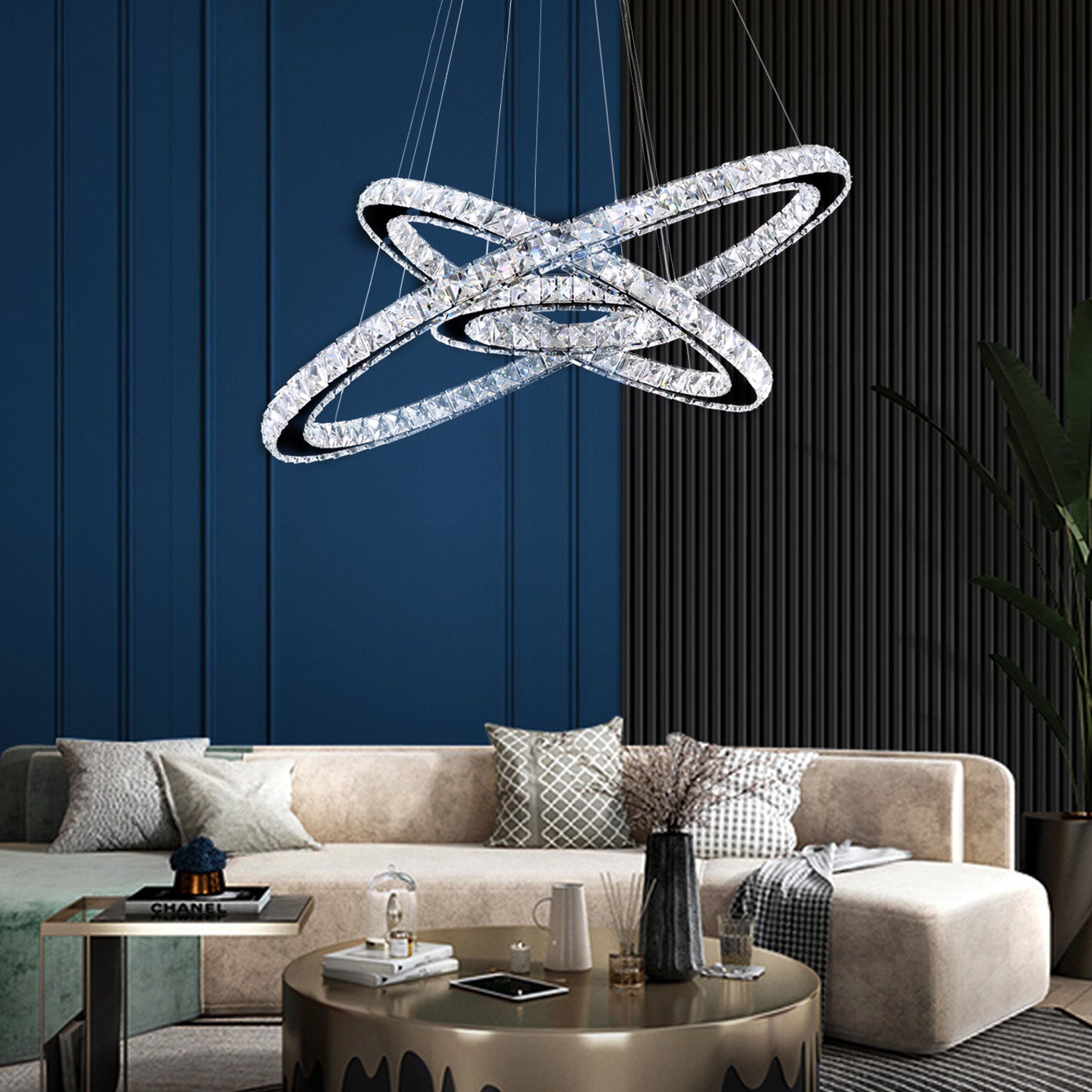
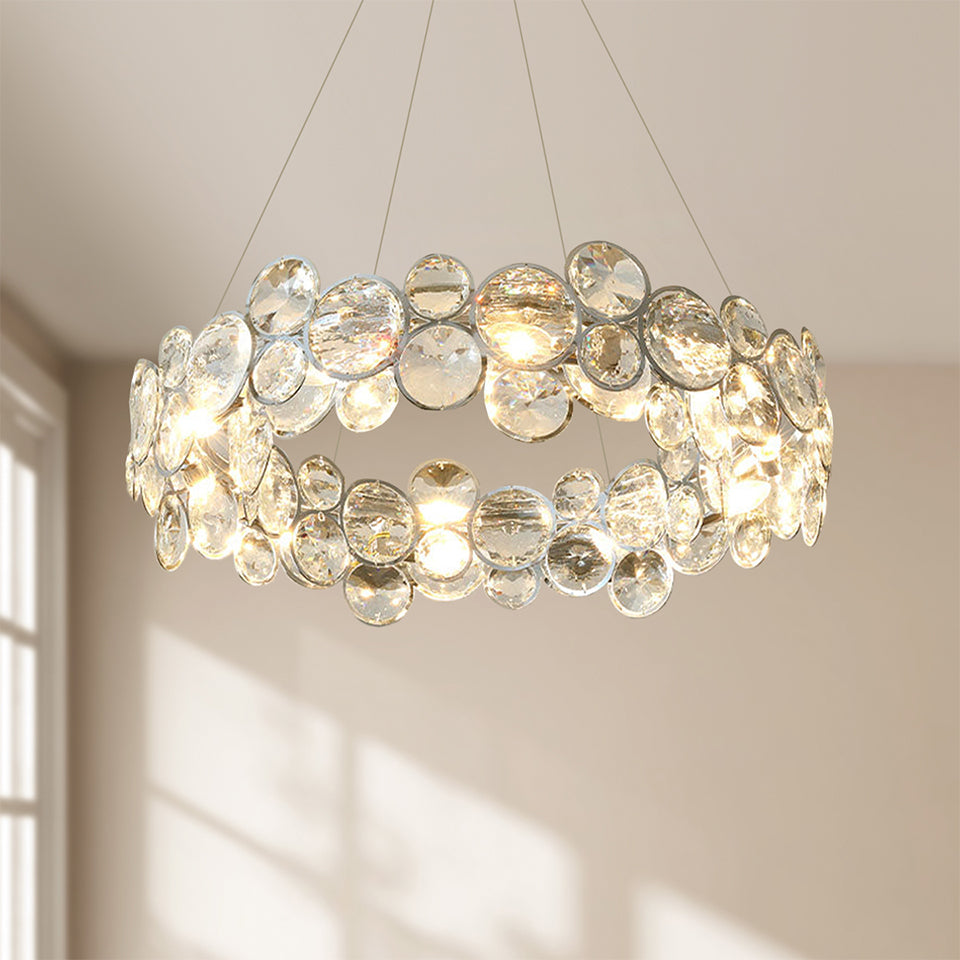
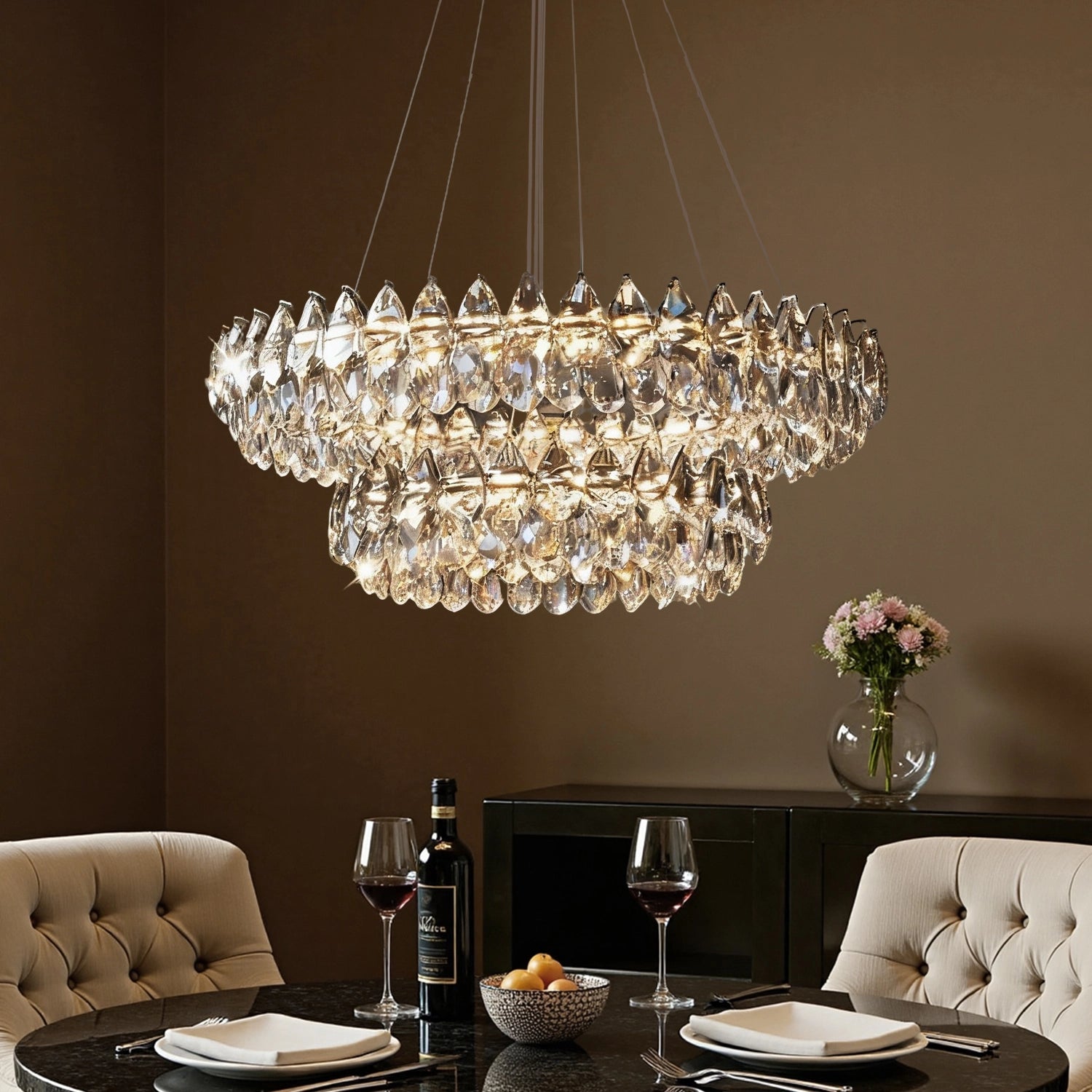
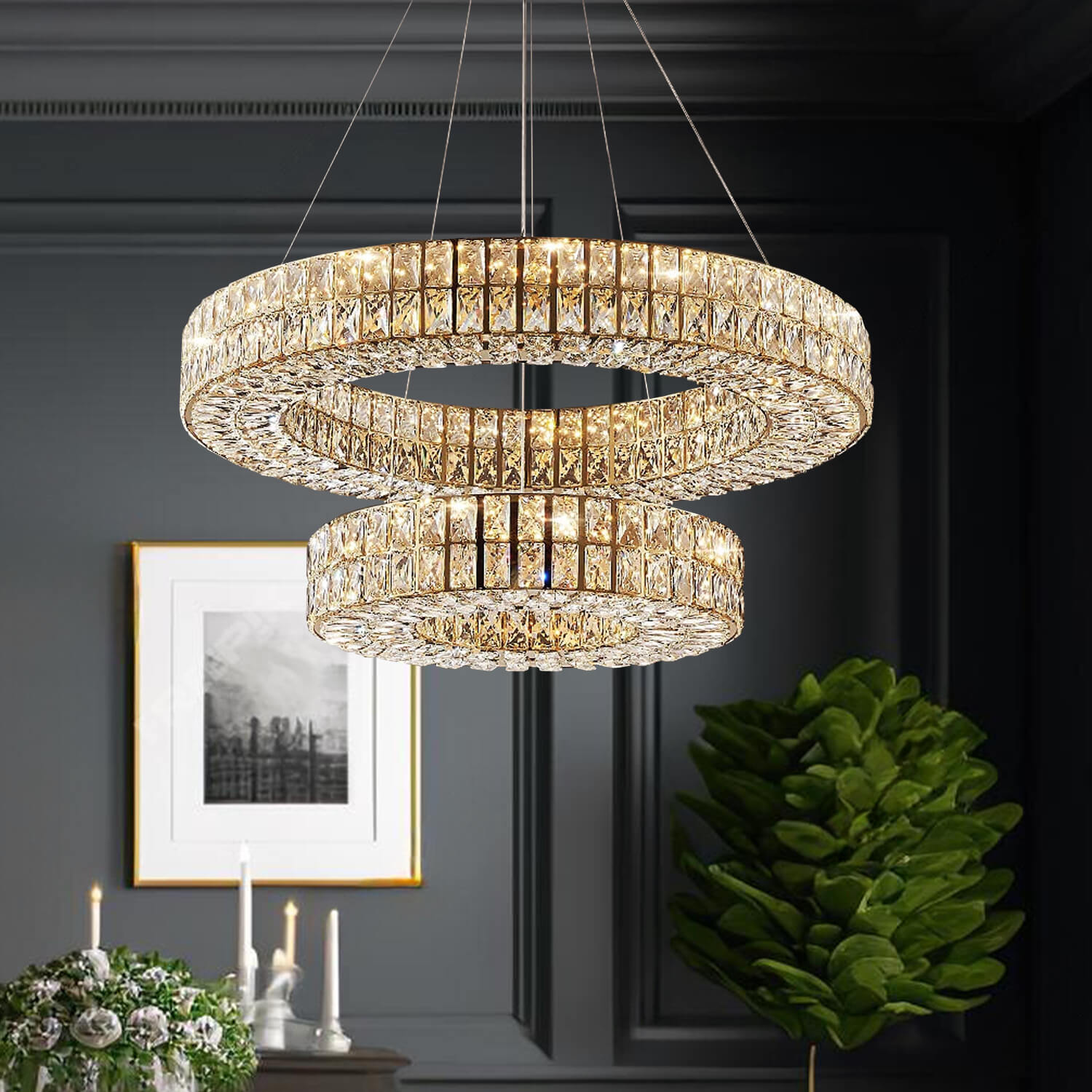
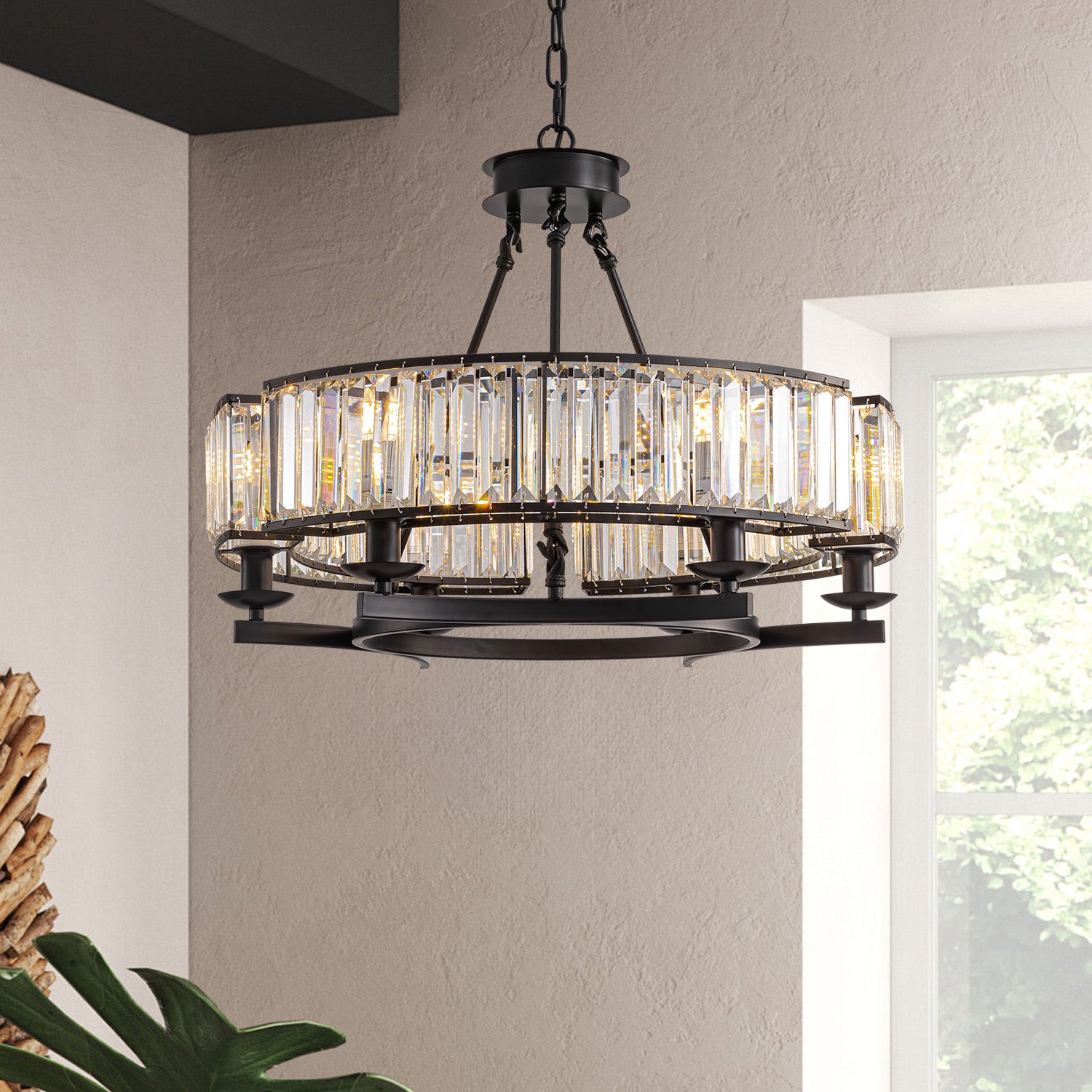
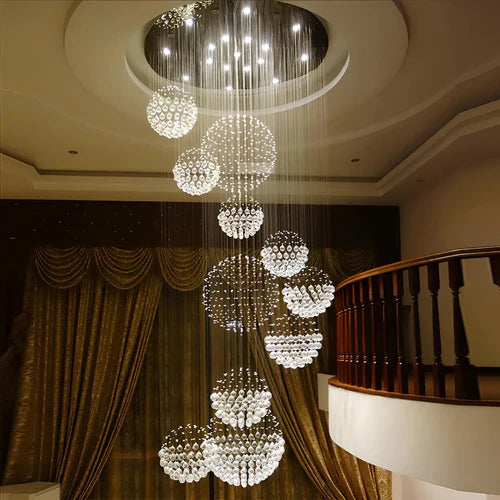
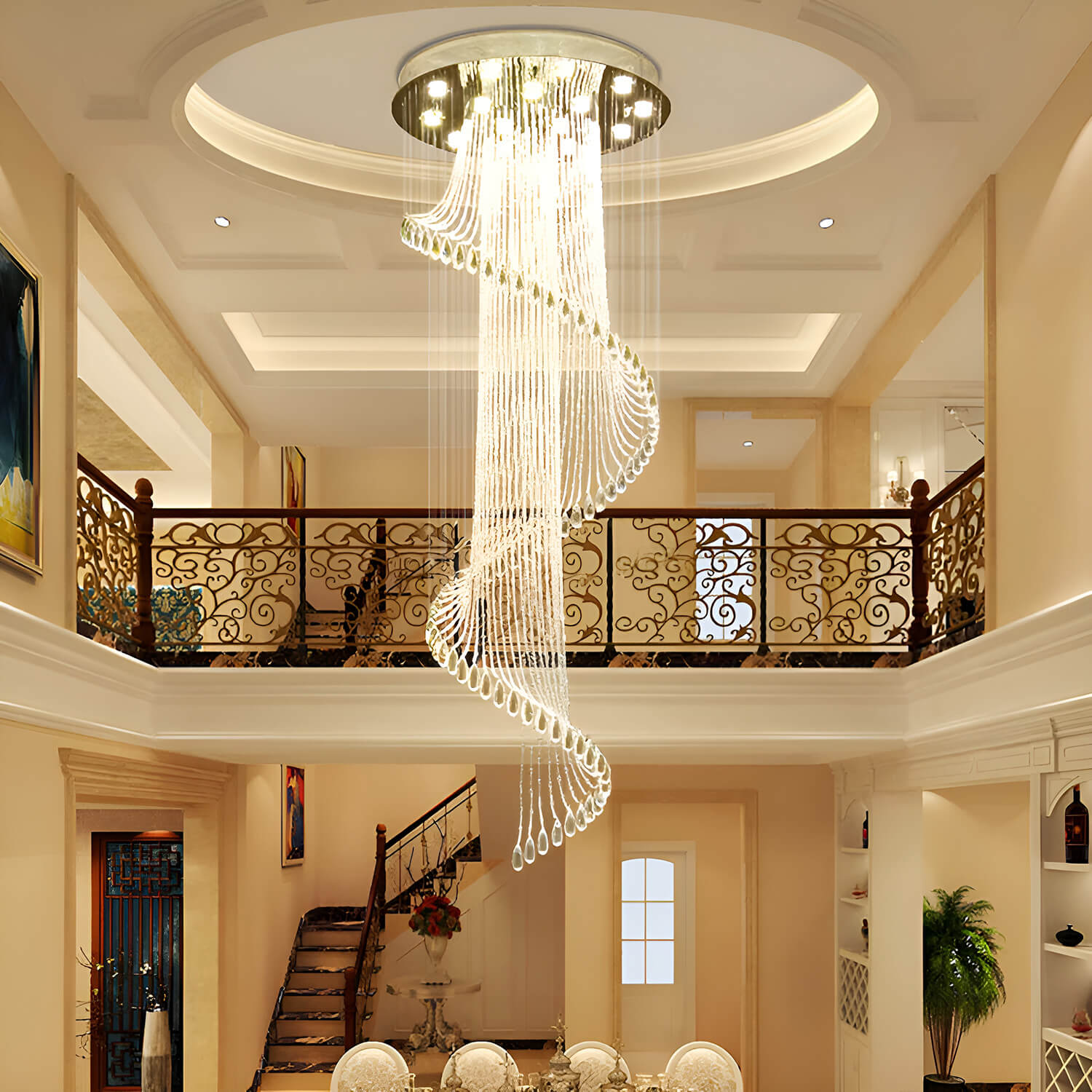
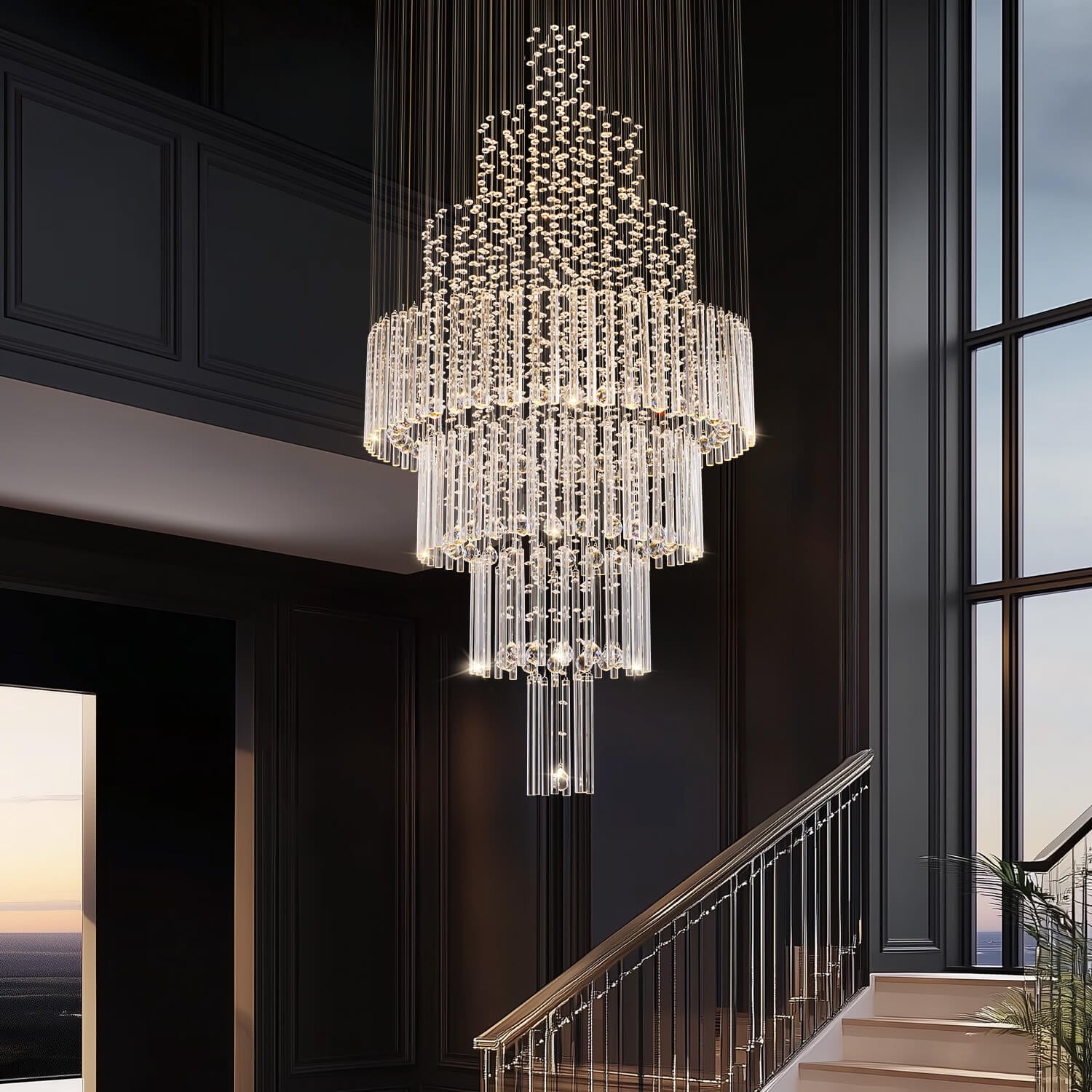
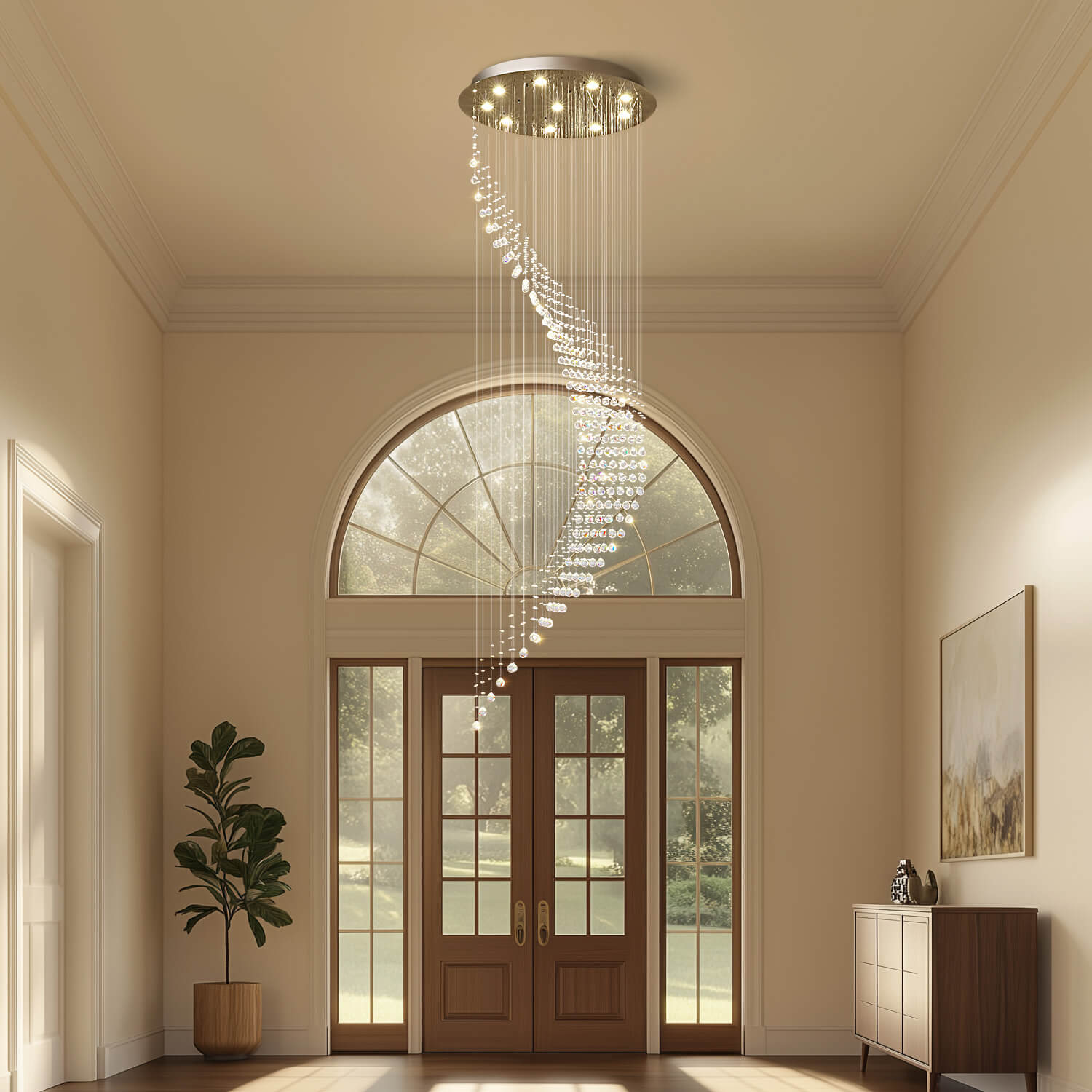
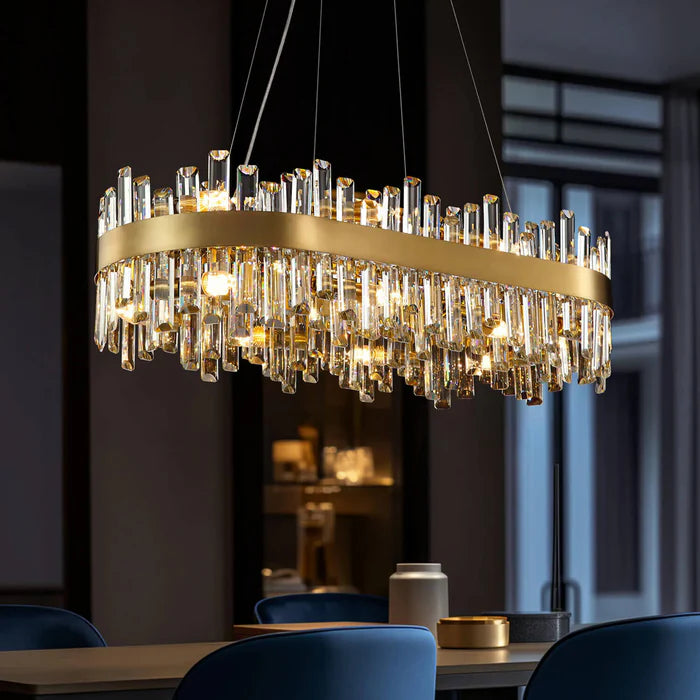
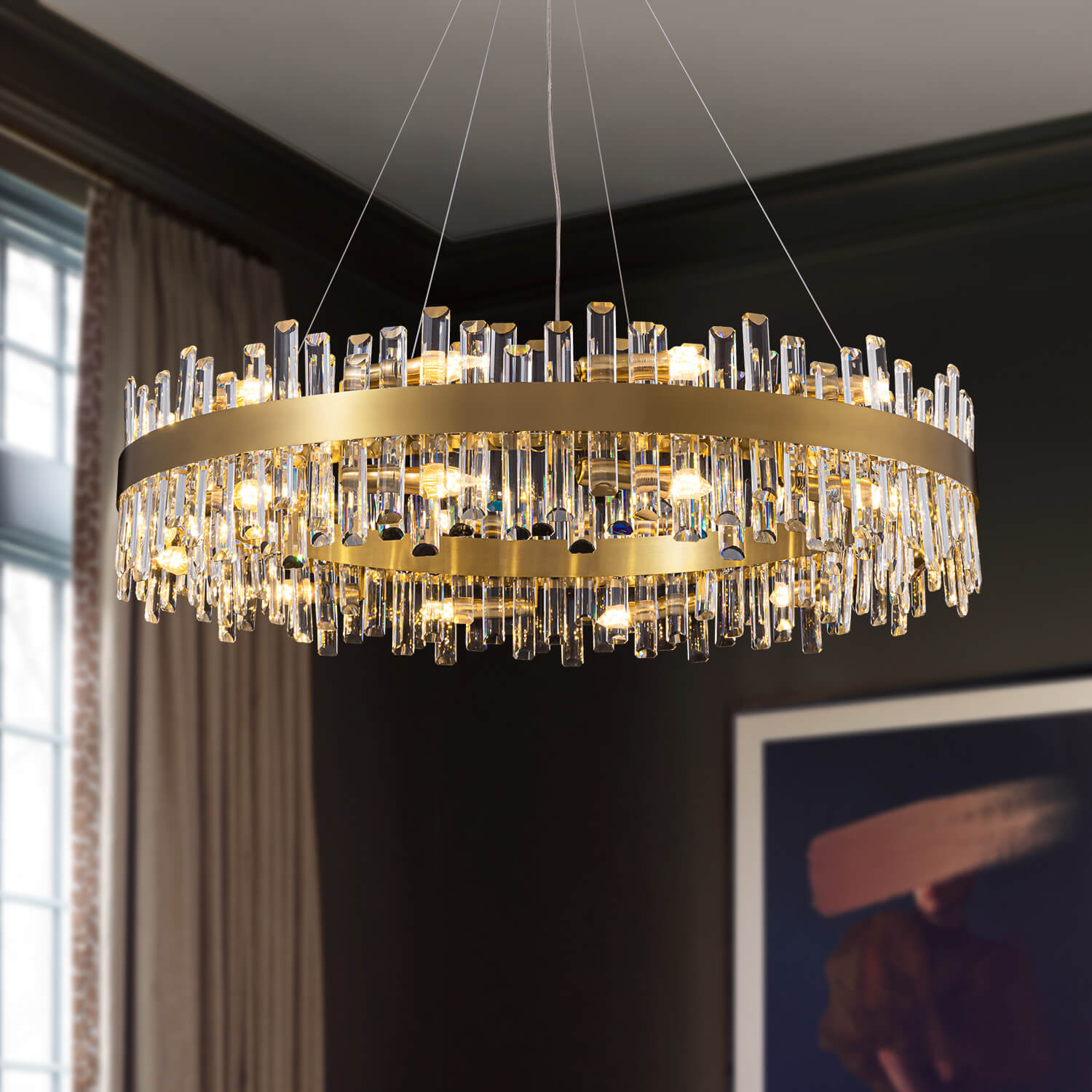
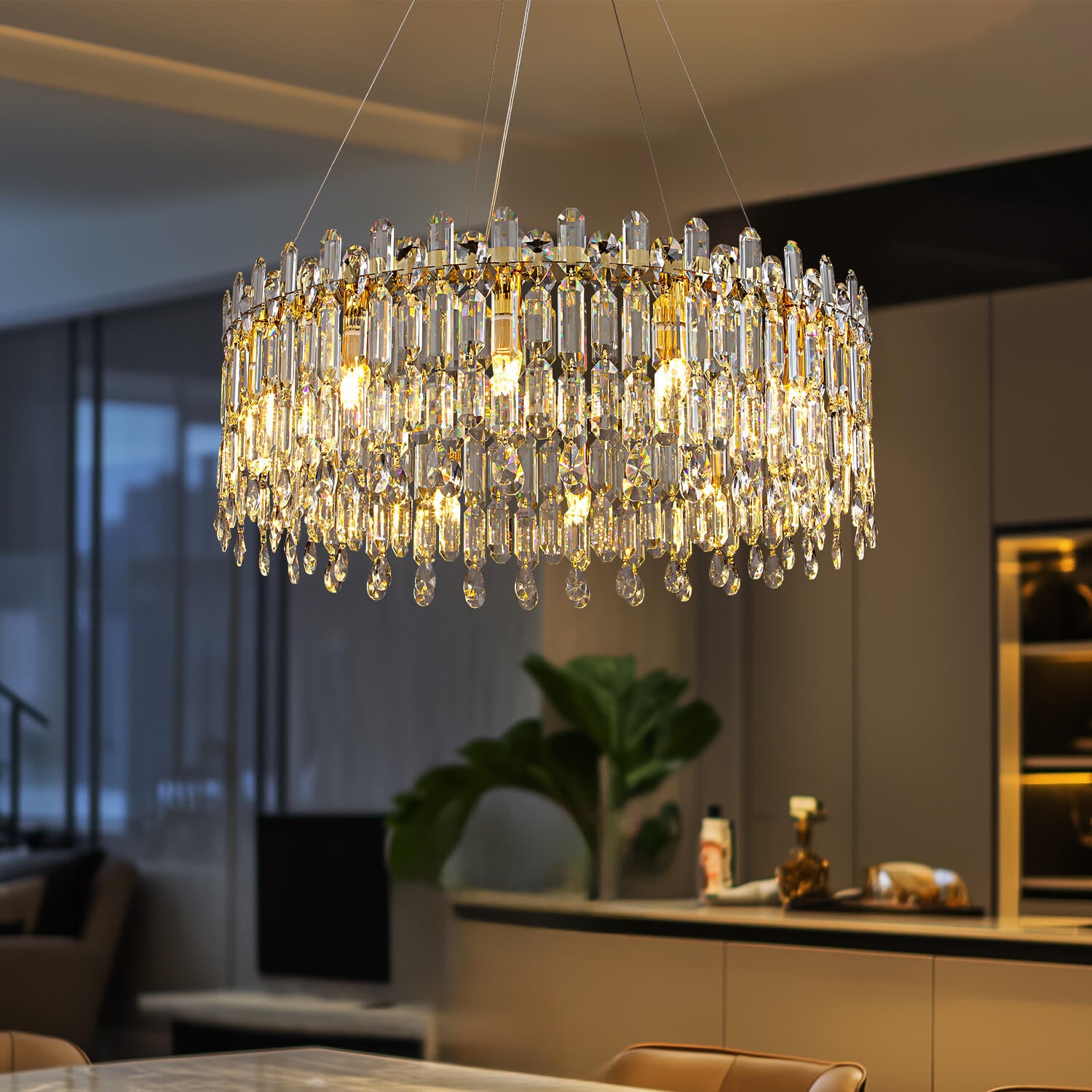
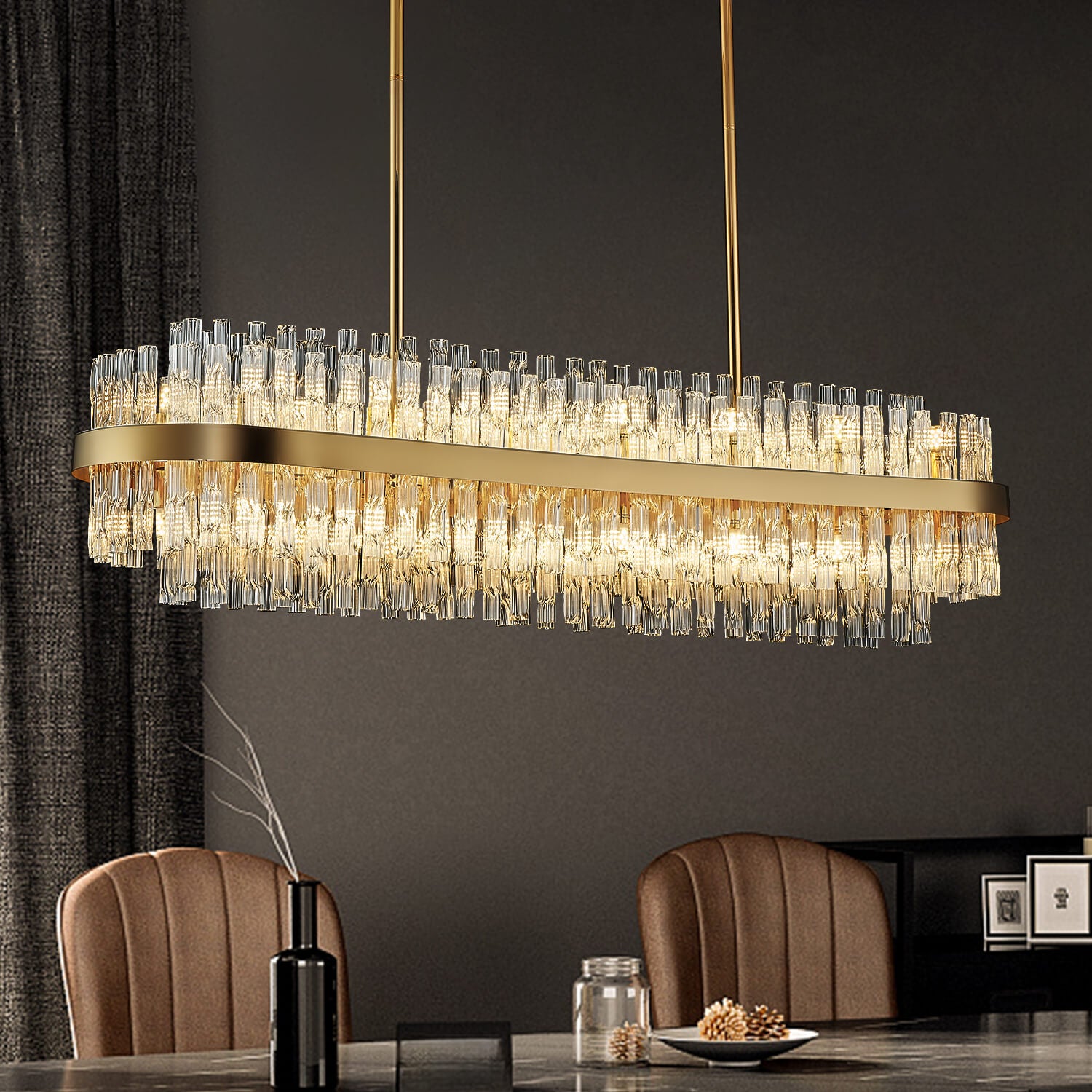
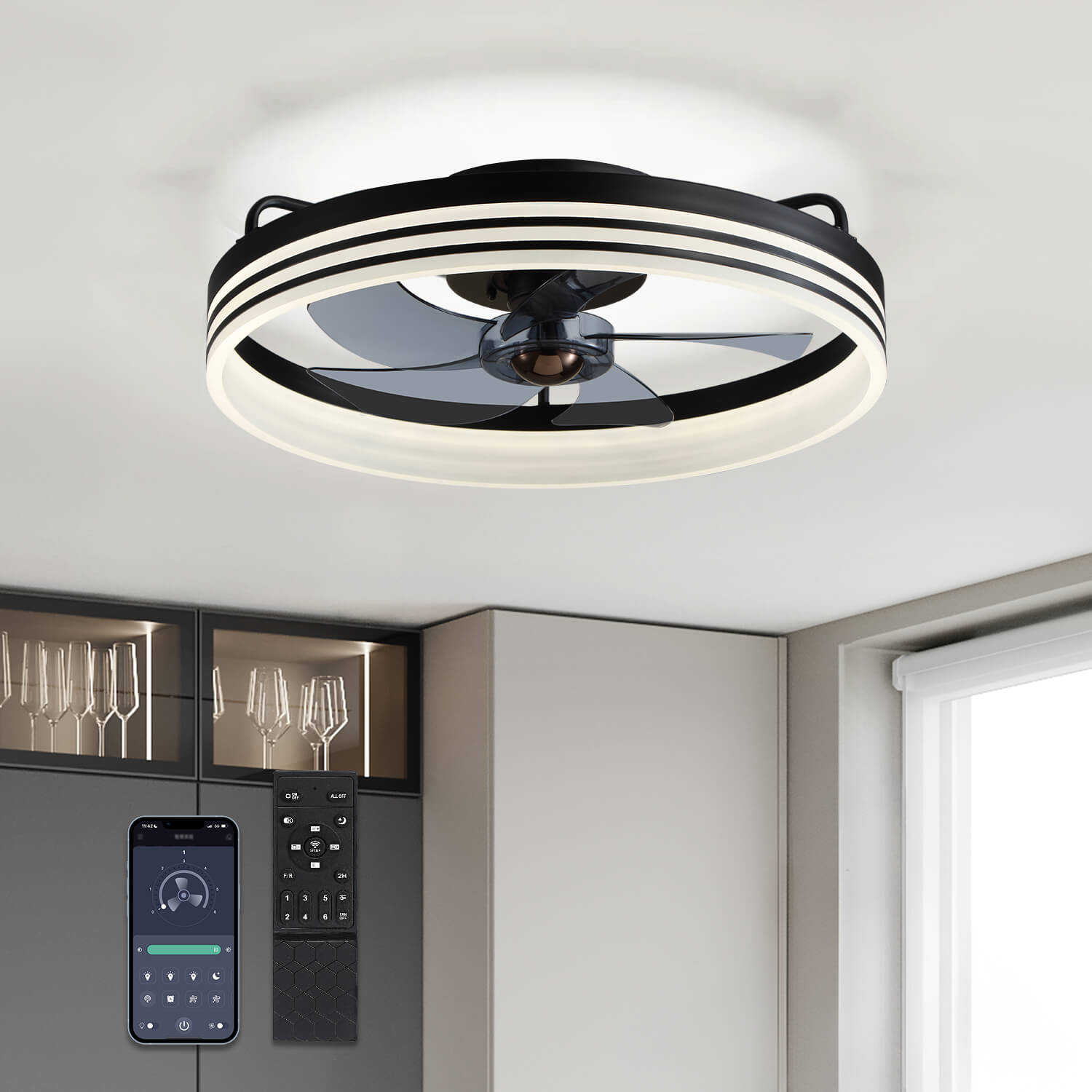
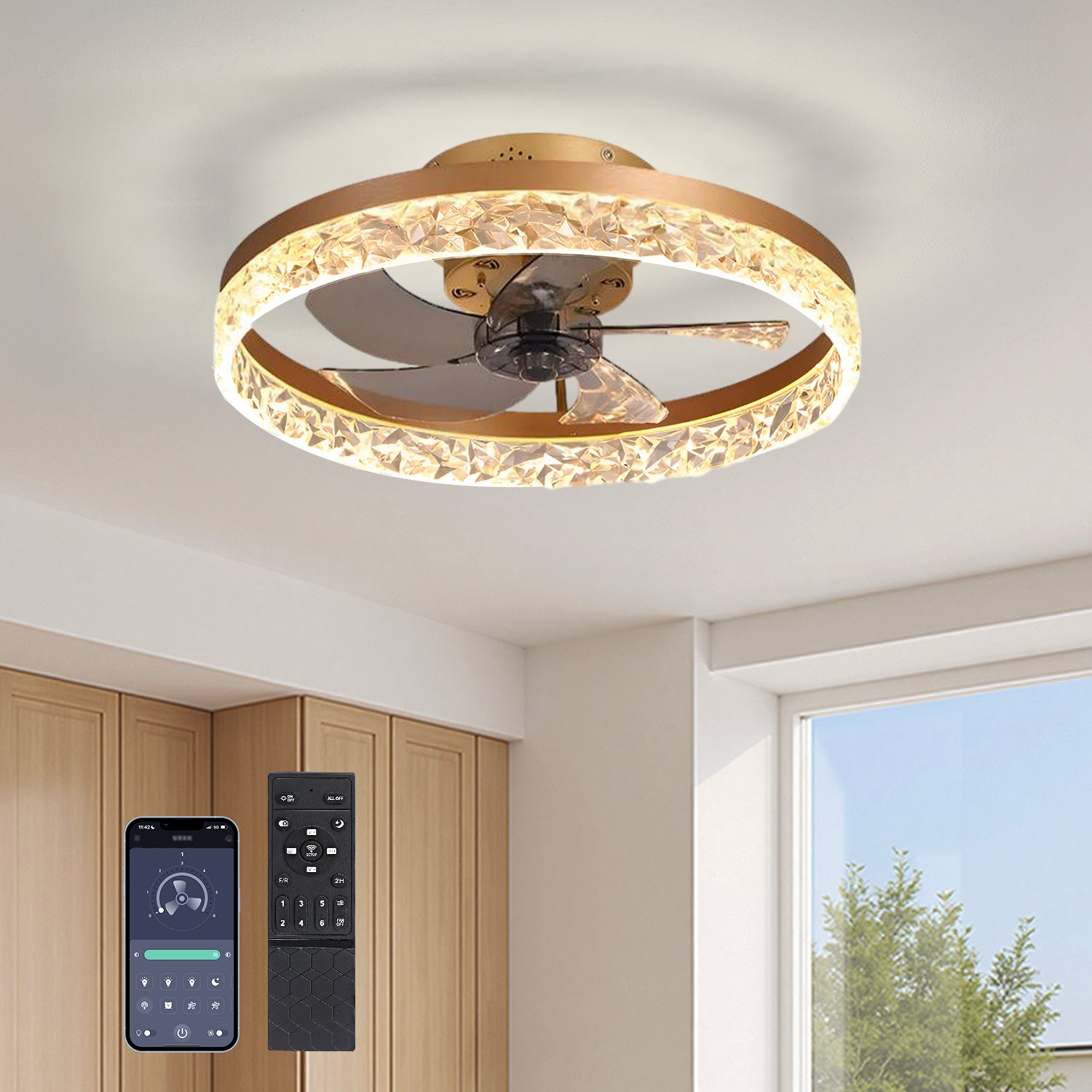
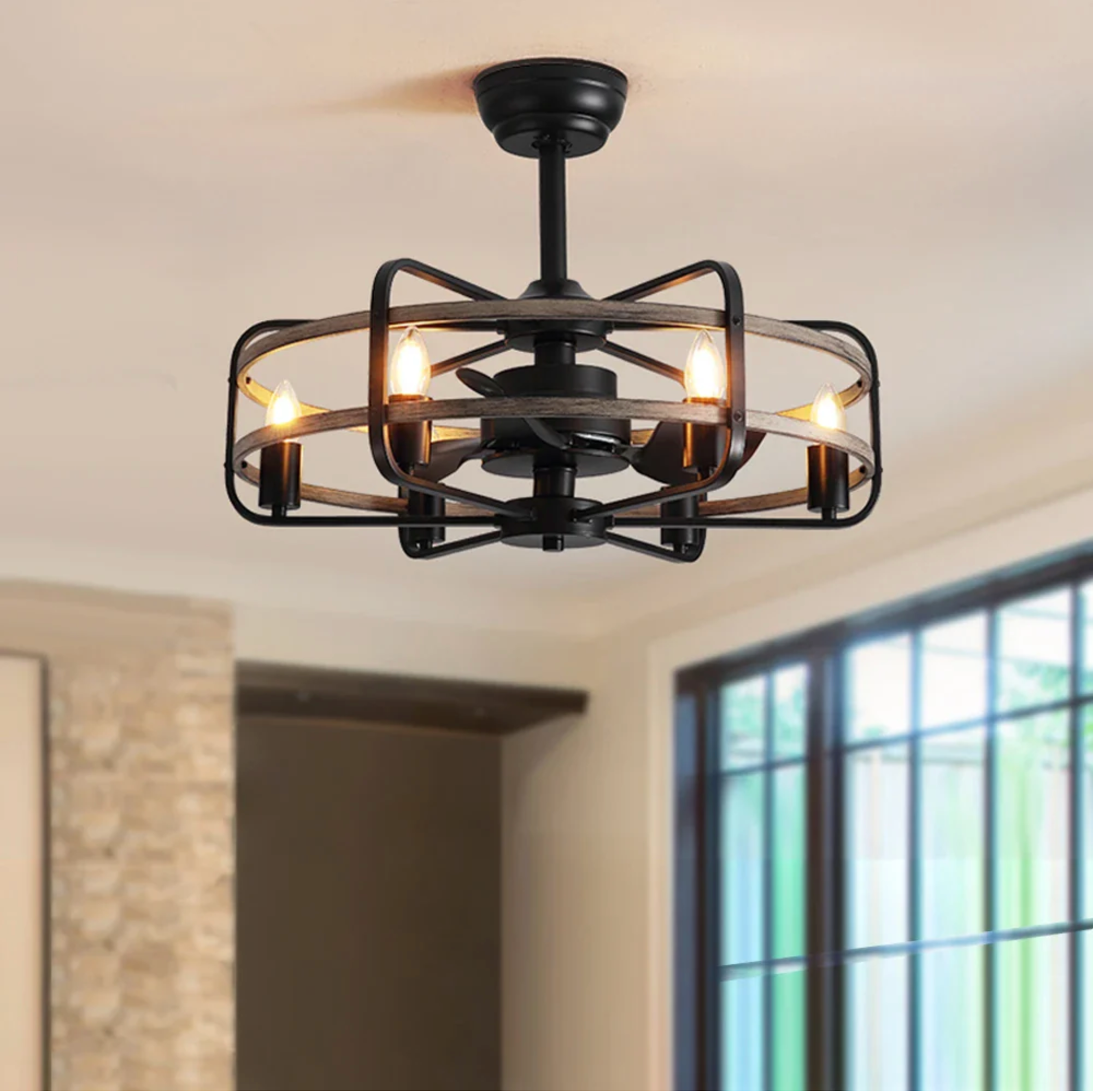
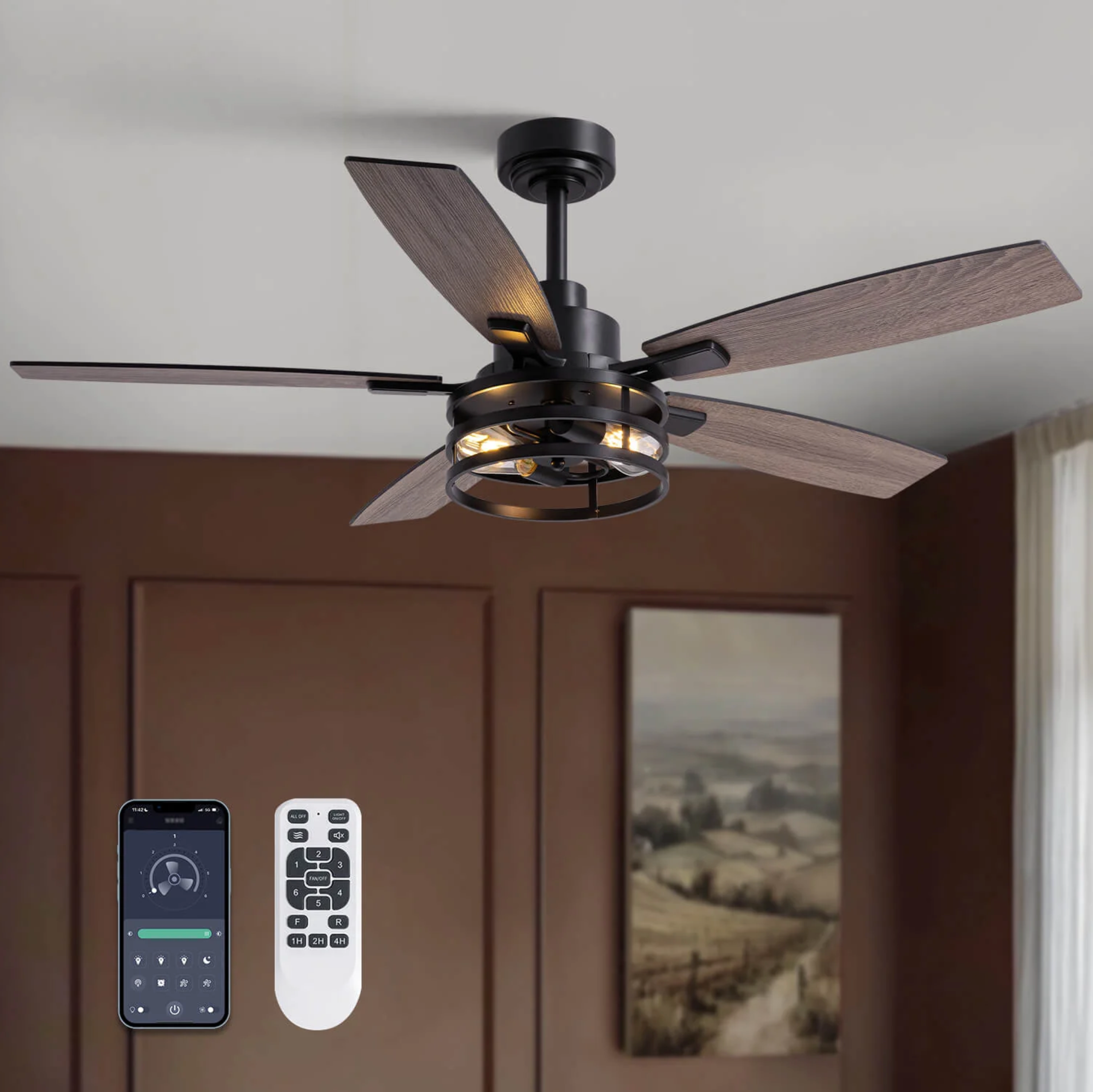
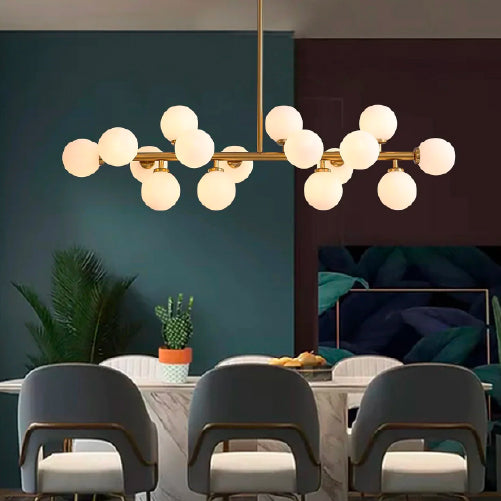
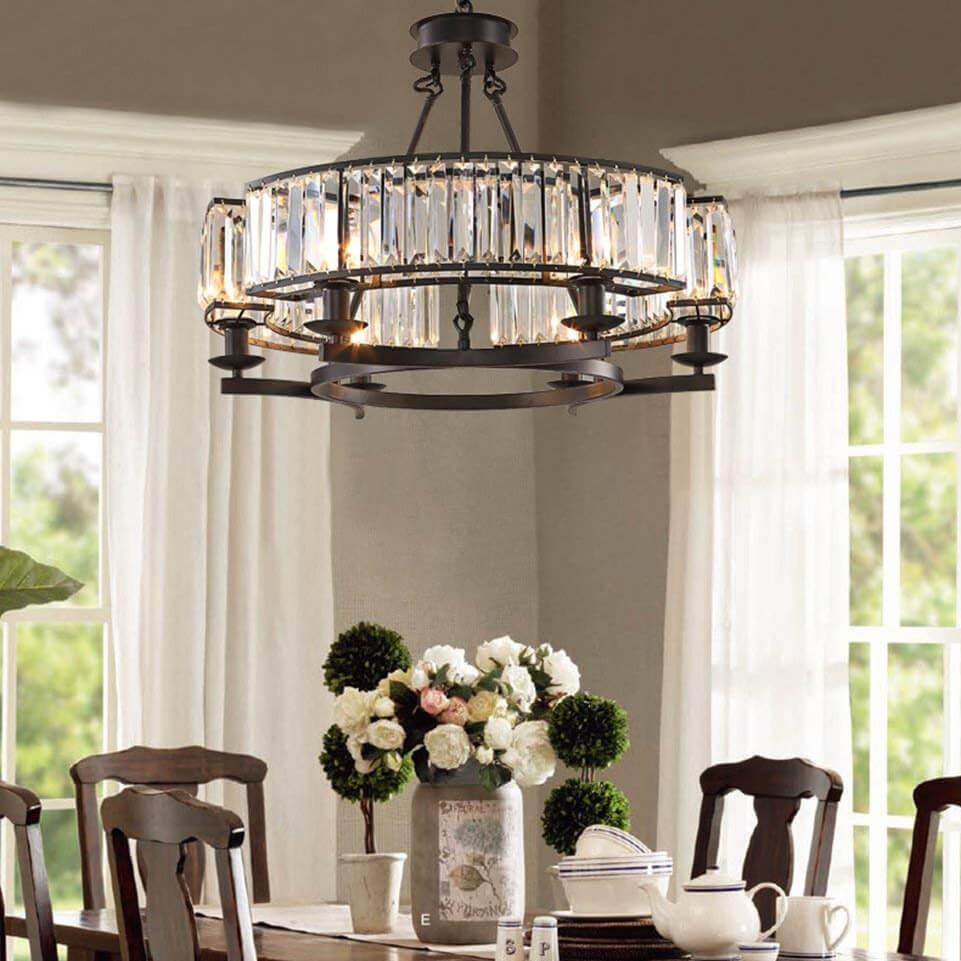
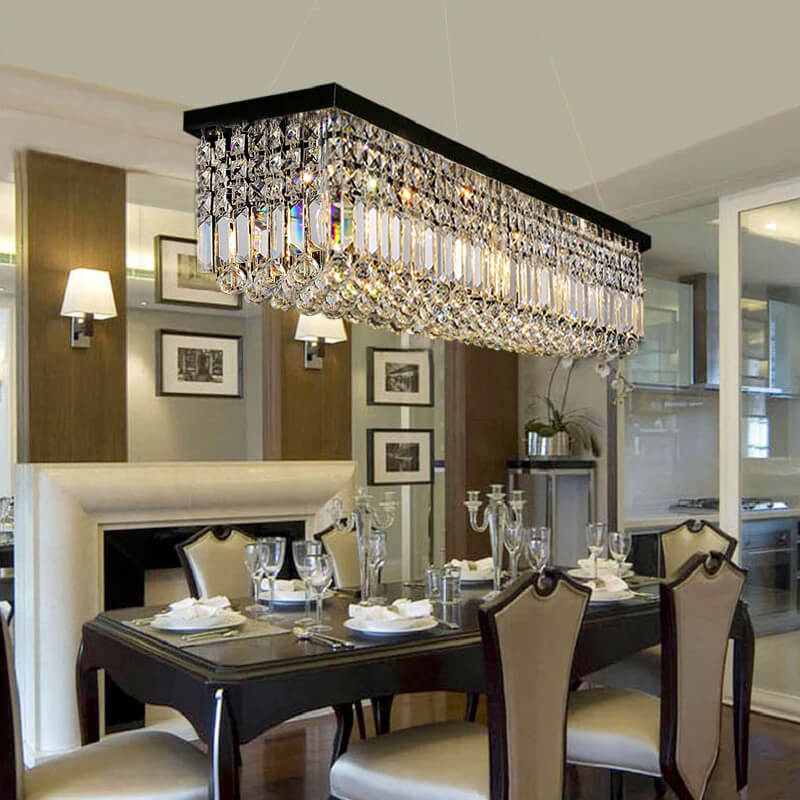
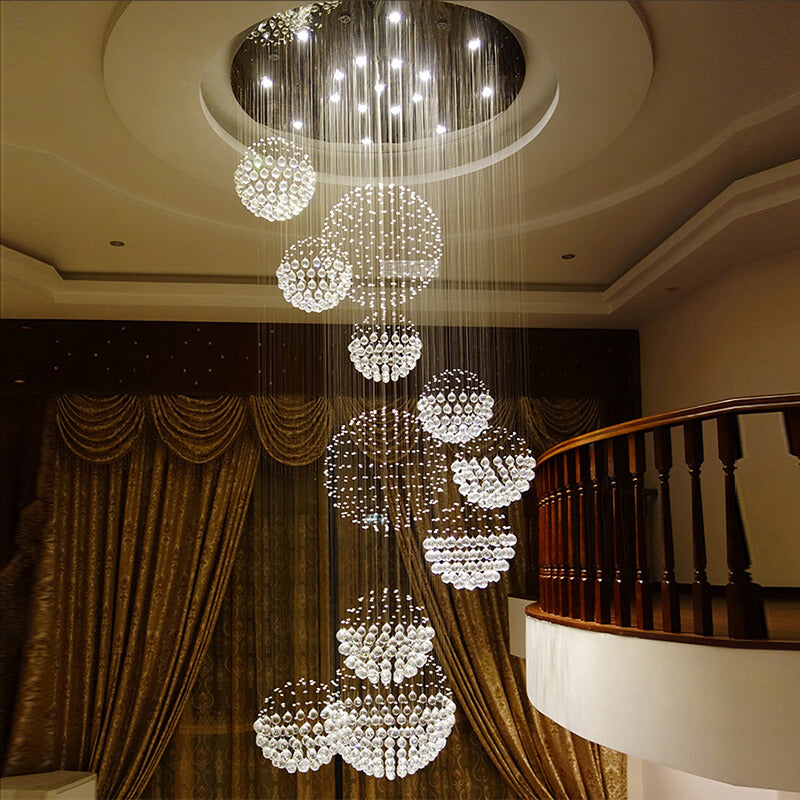
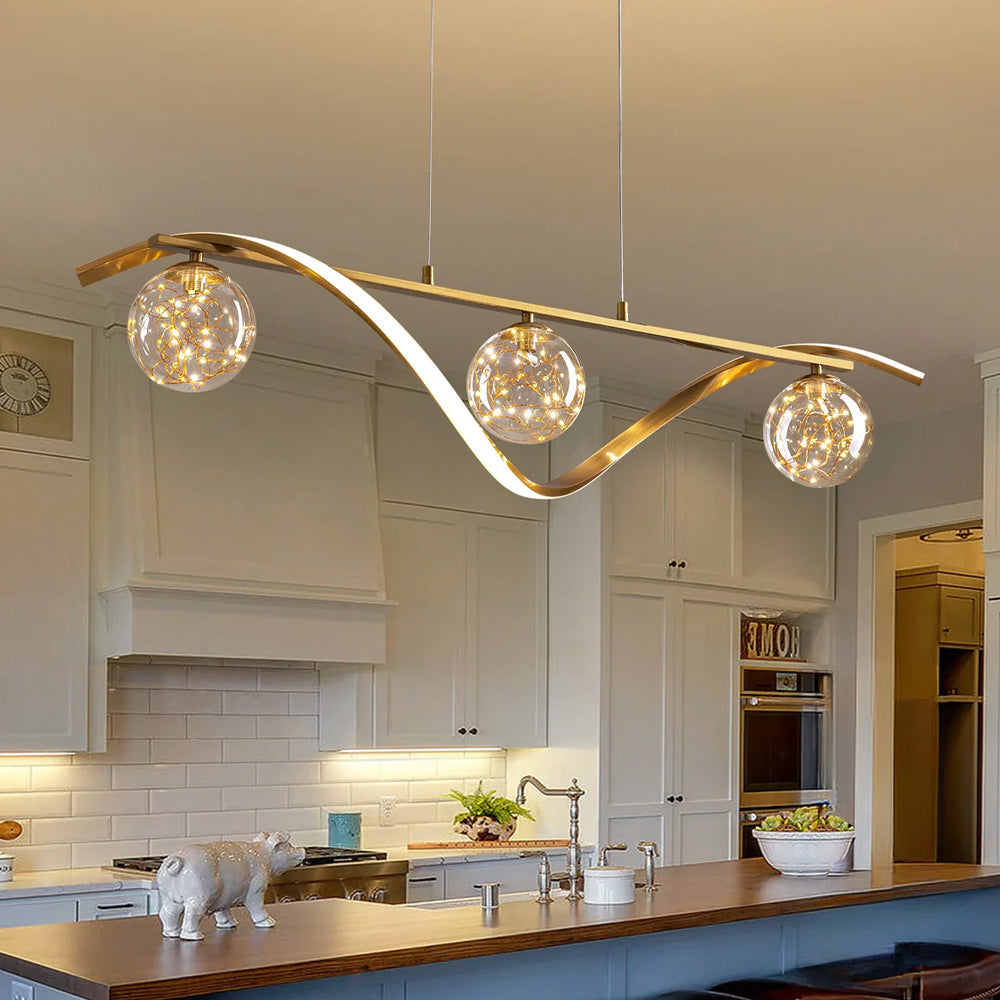
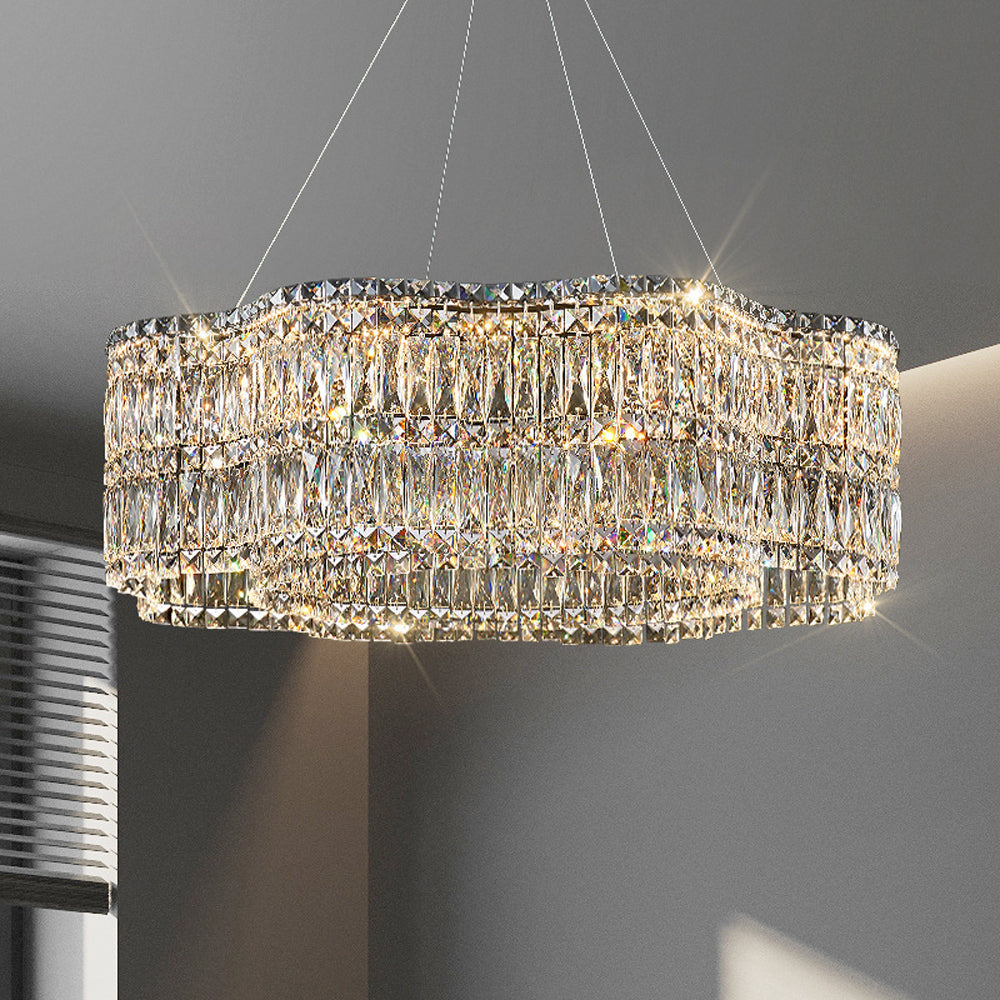
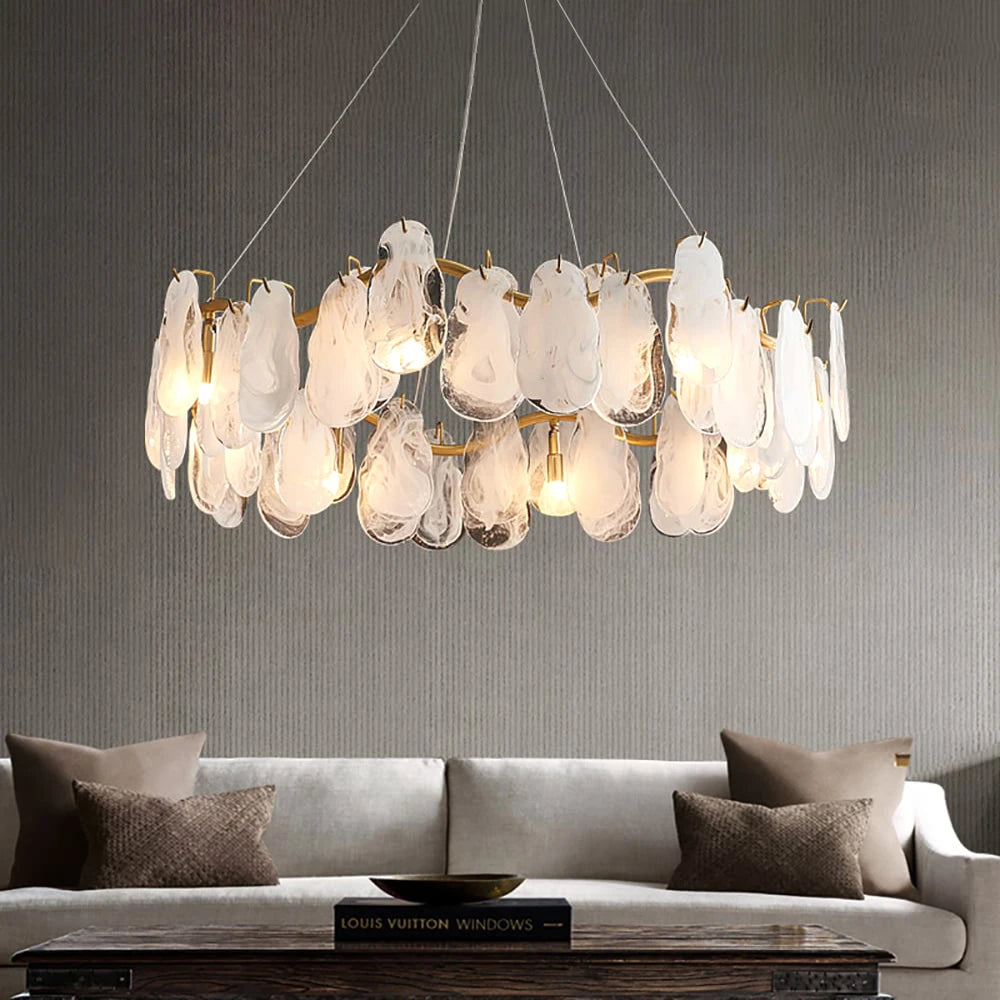
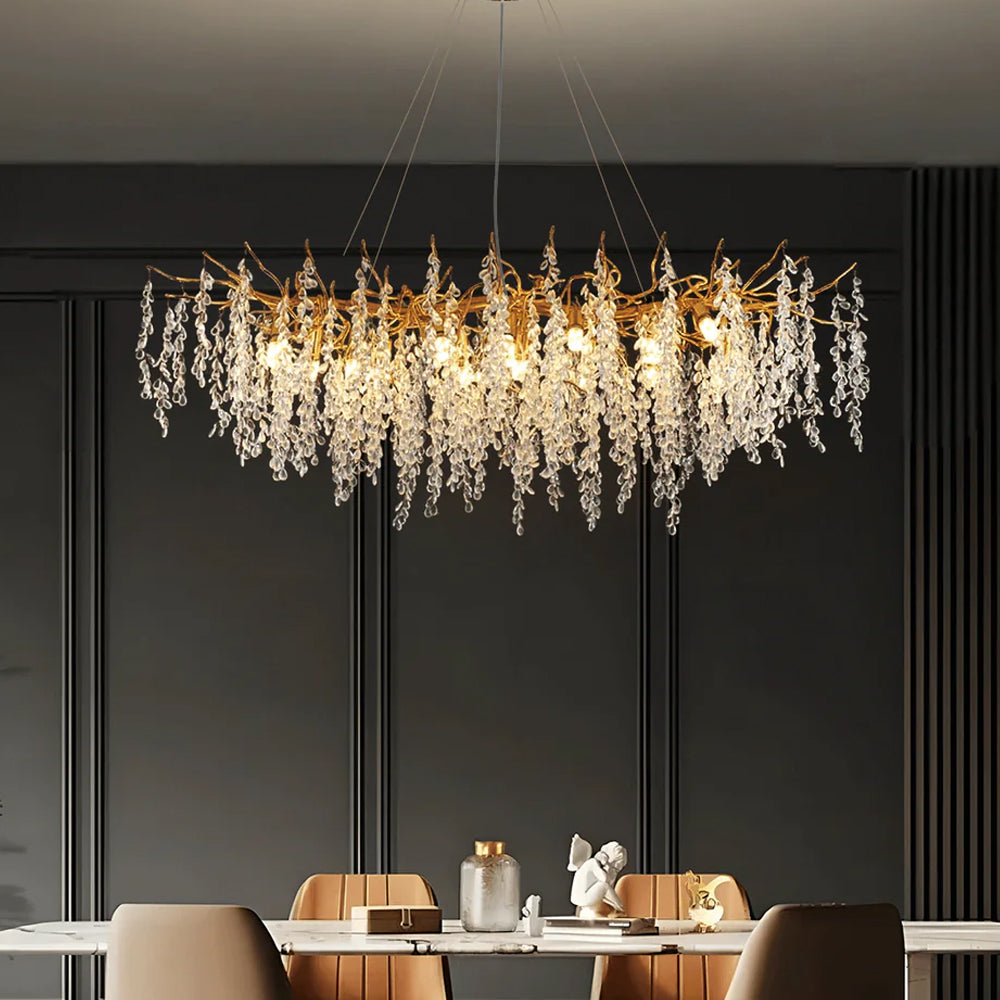
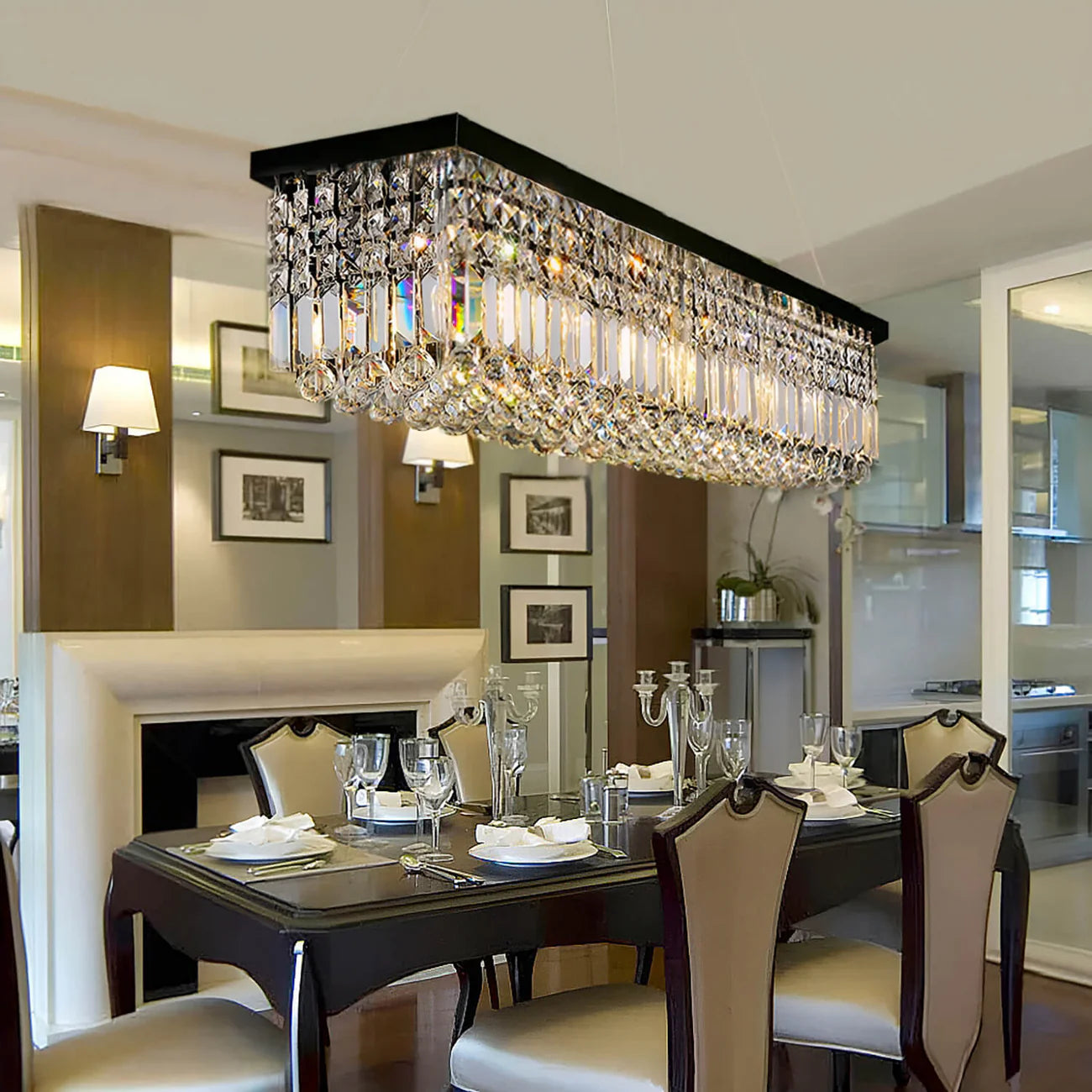
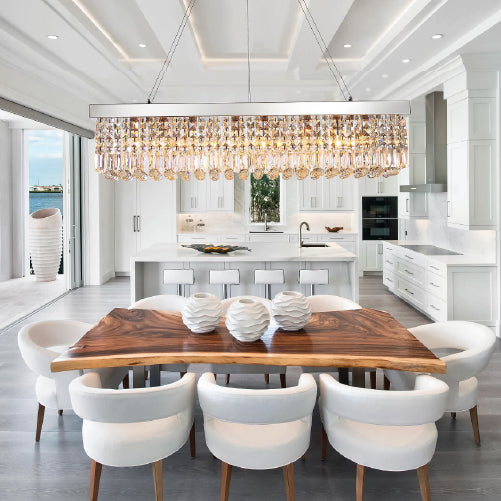
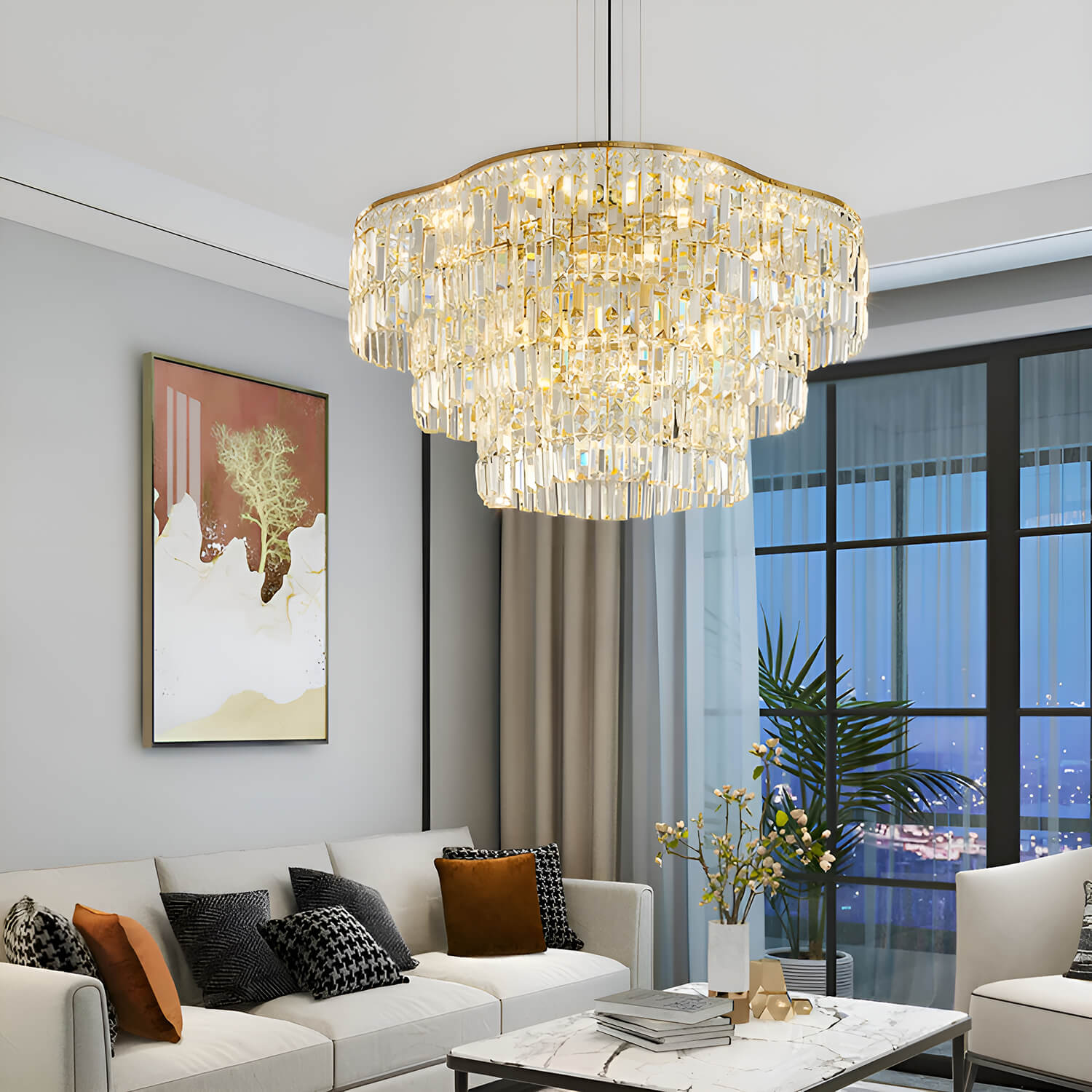
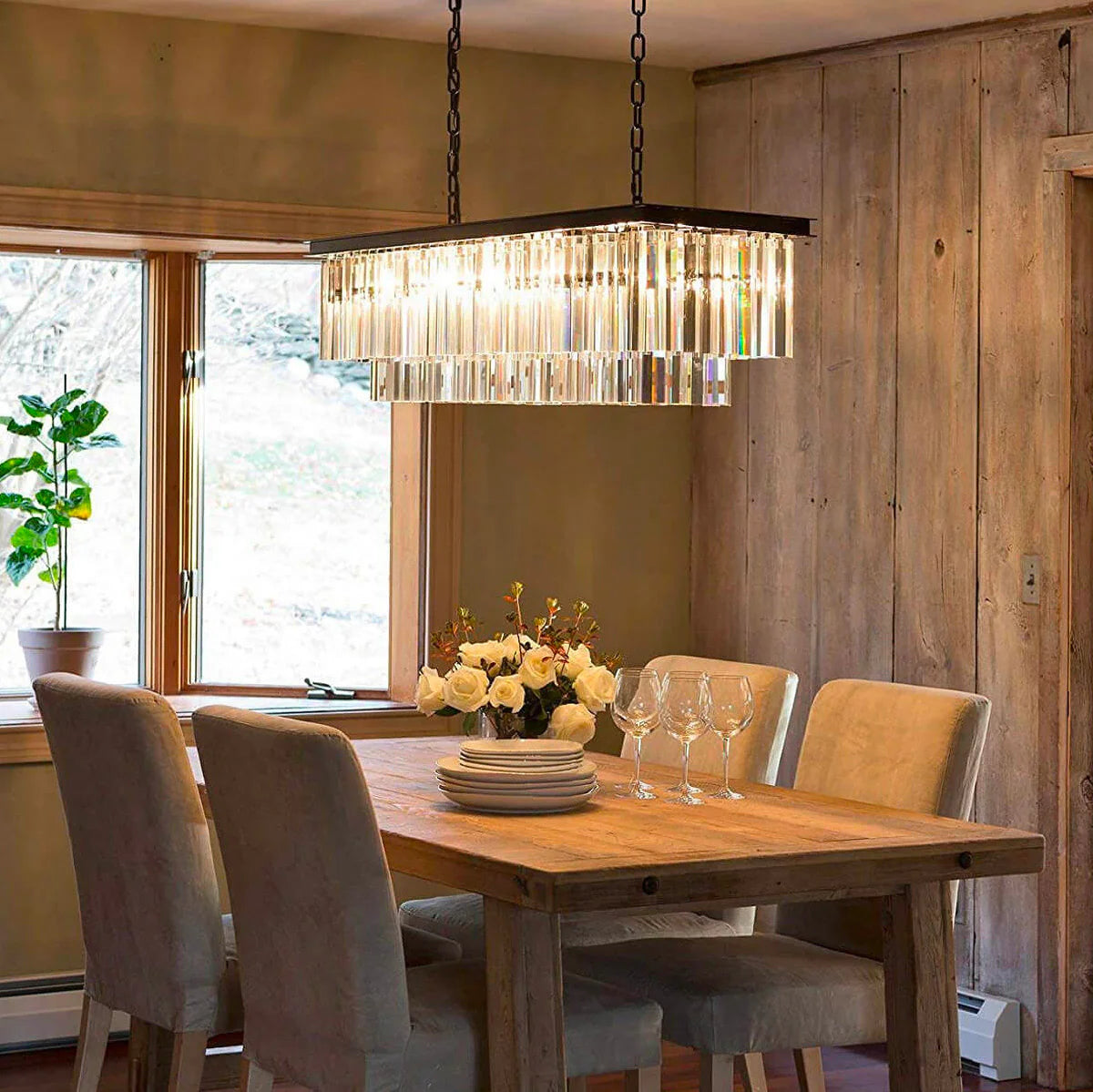
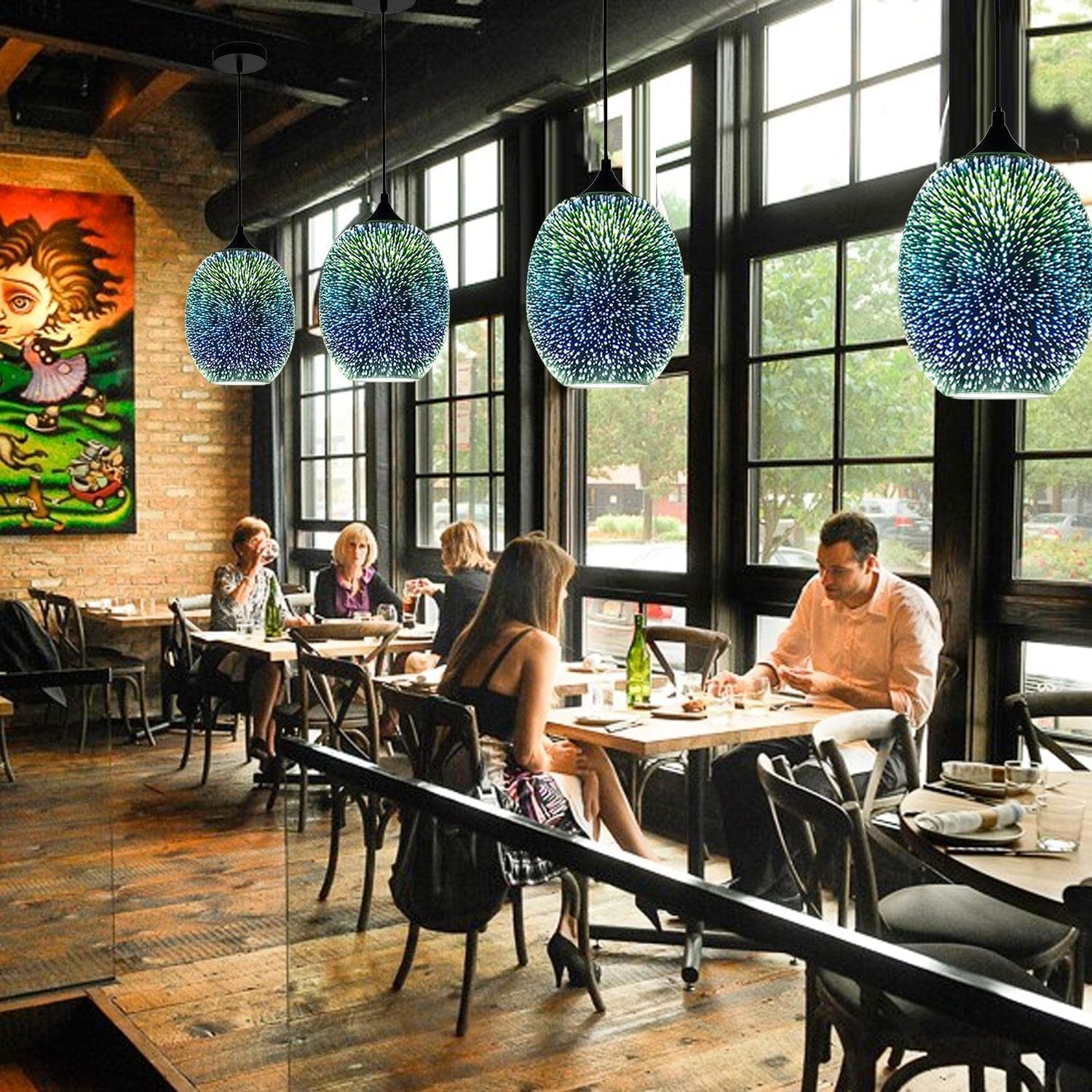
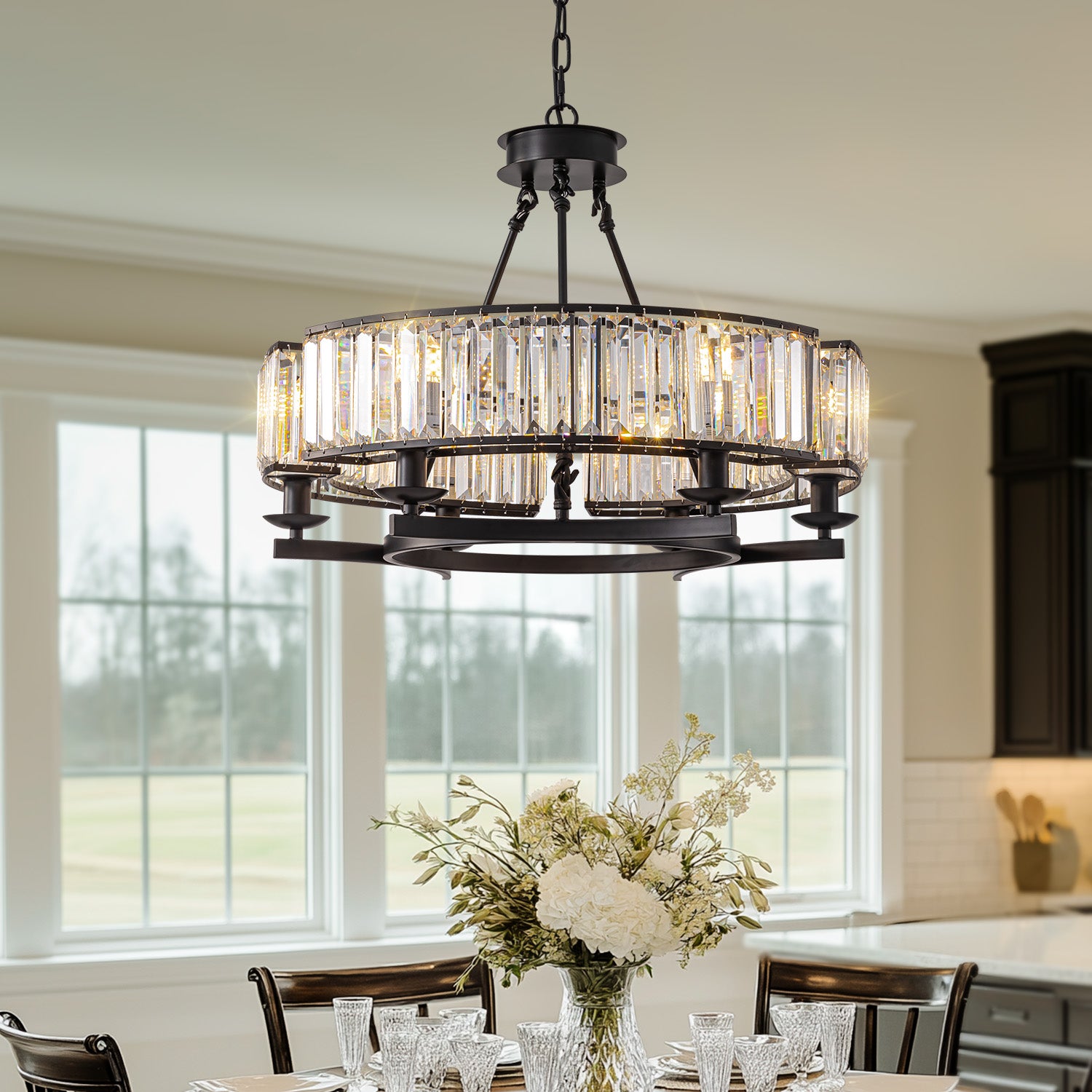

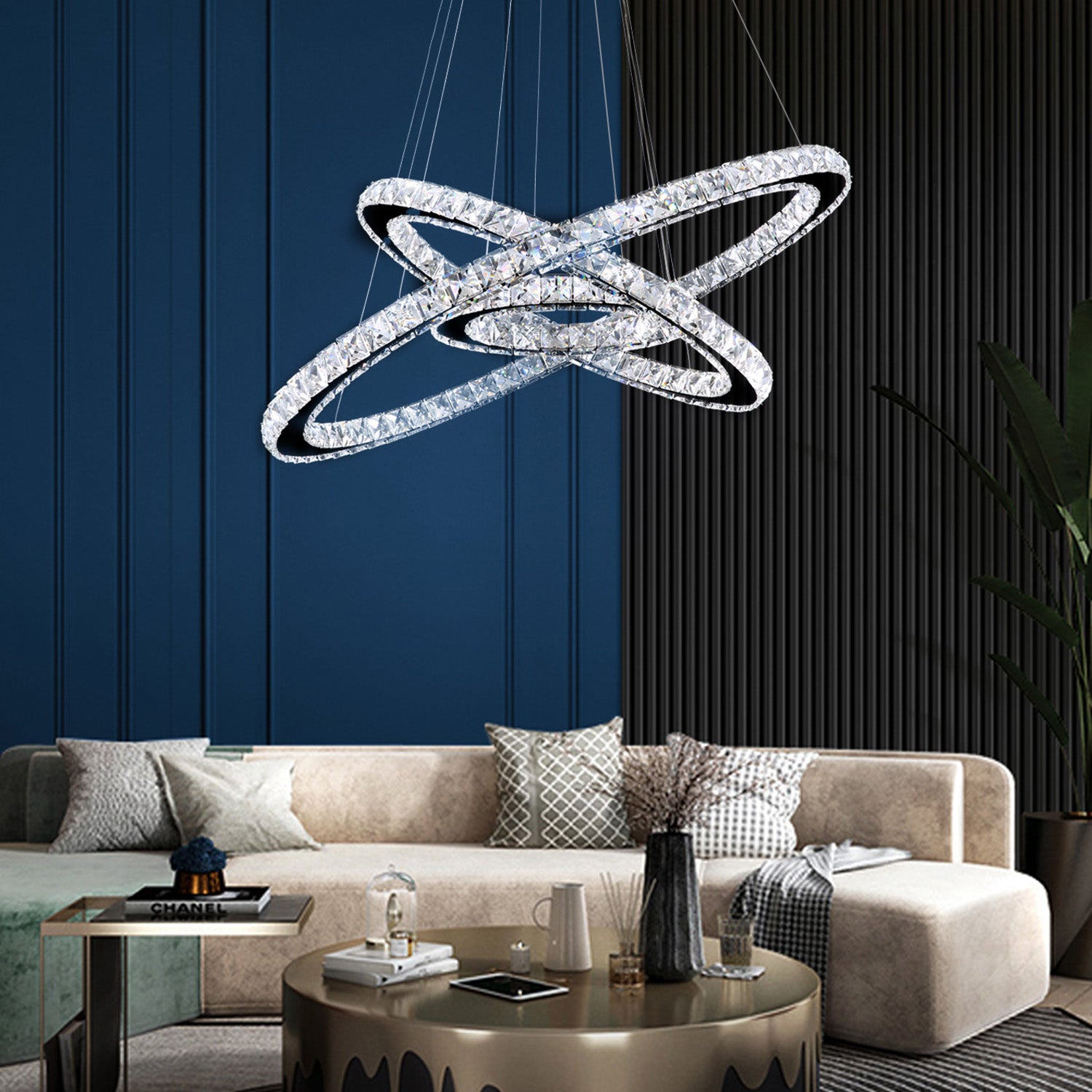
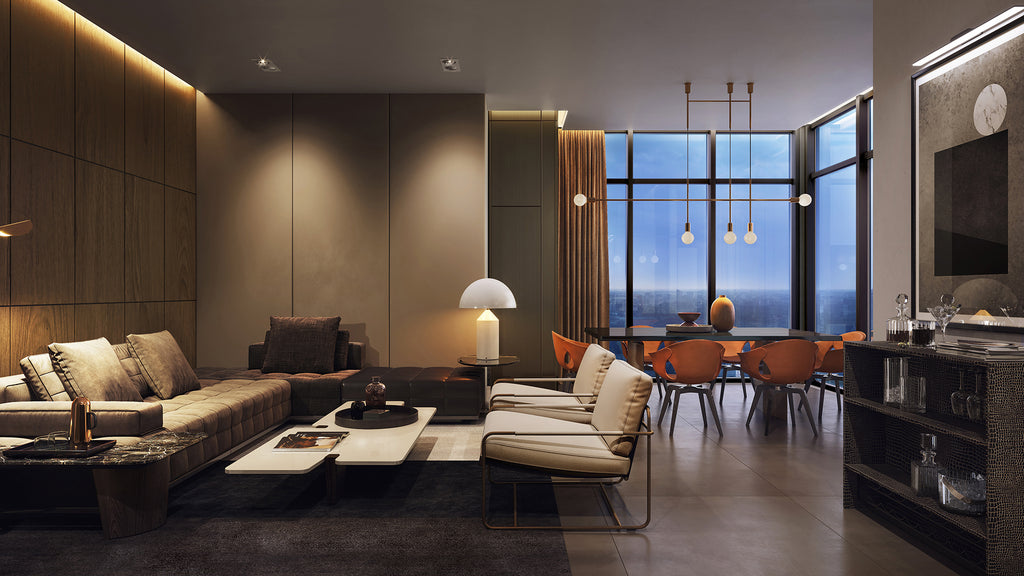
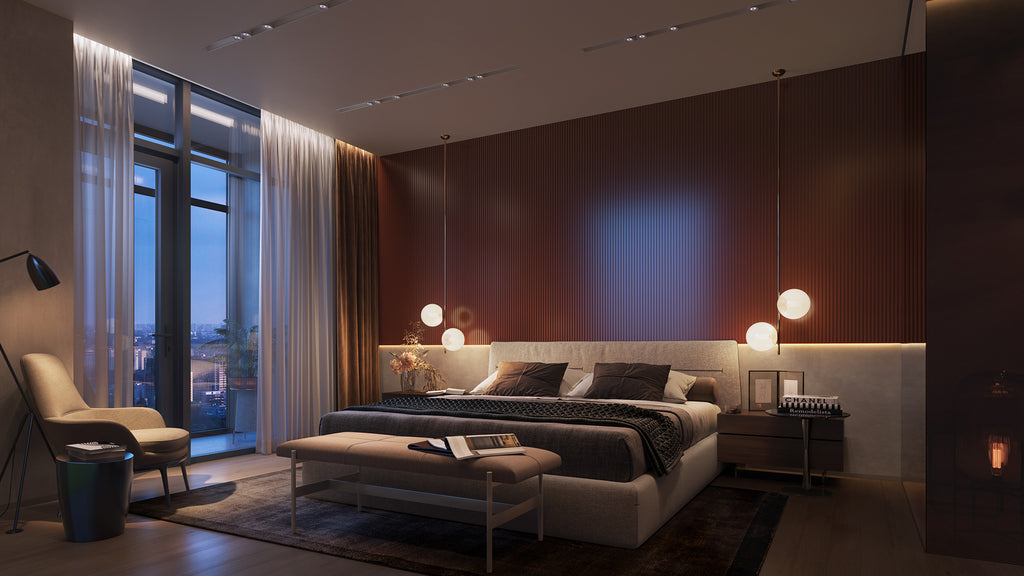
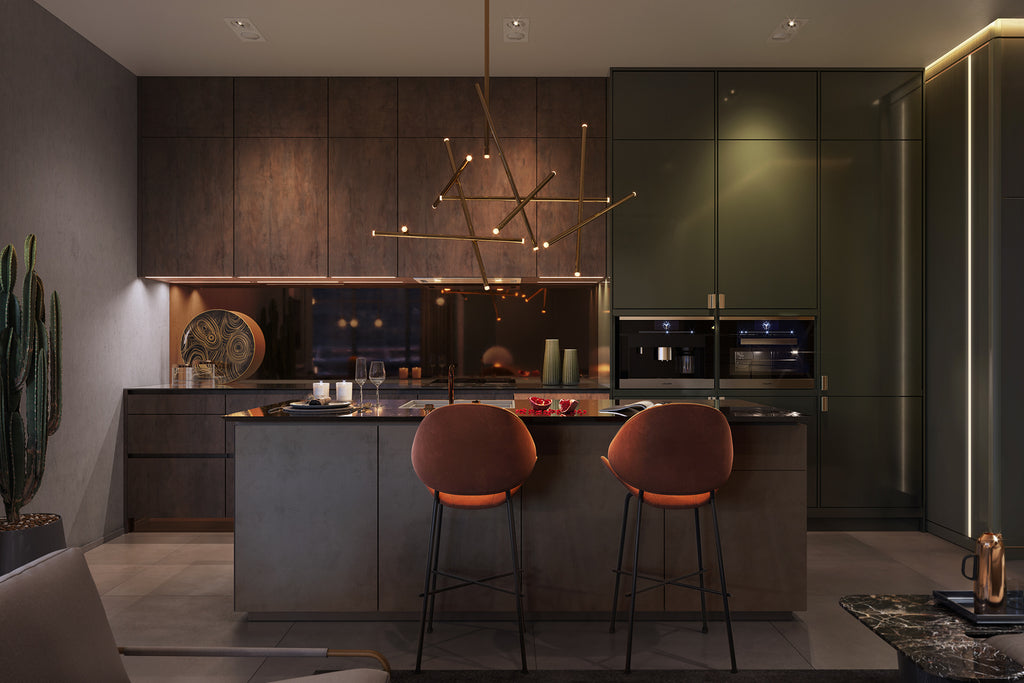
 Fluorescent
Fluorescent LED Light
LED Light
